Everyone has a story to tell, a perspective to share. It is our privilege to do so on behalf of our beneficiaries, supporters and caregivers.
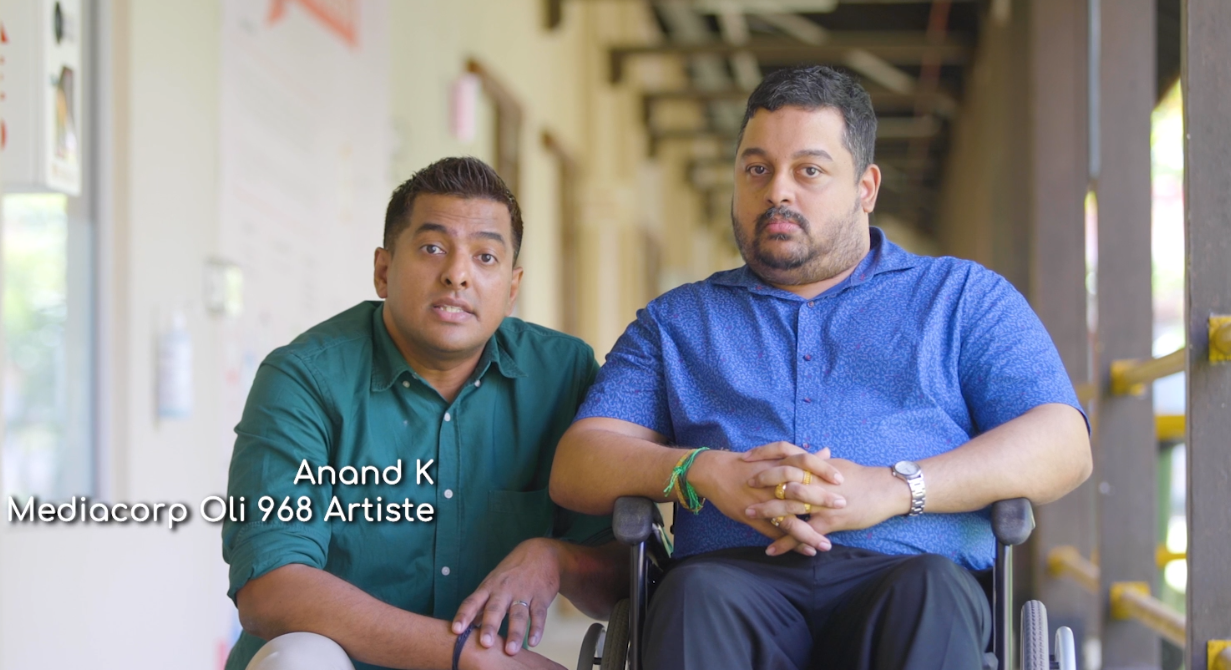
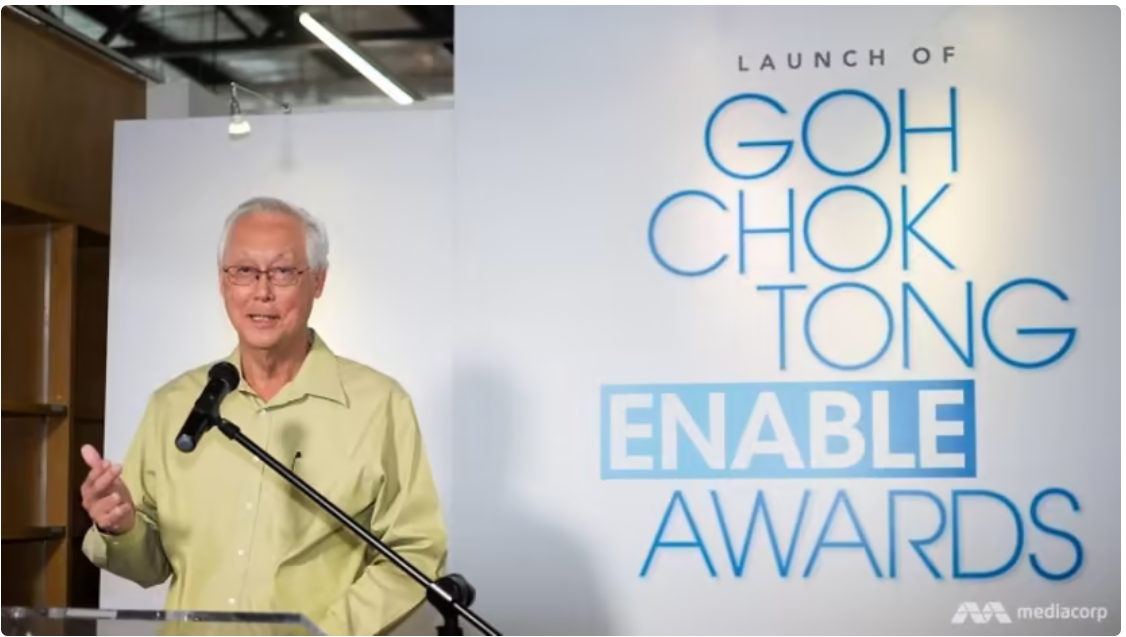


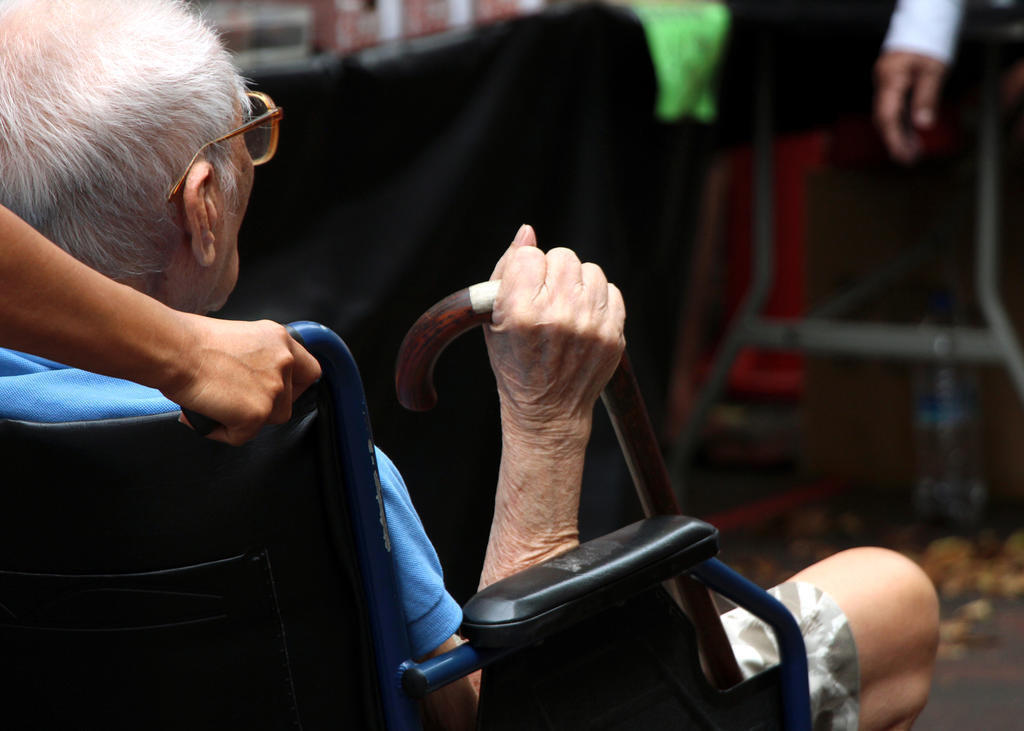

Heng Lye Nging has not had it easy. Her only child, Lina, was born with developmental delay, autism and hearing impairment, something she only confirmed when her child was three years old. Lina is now 24. “
I suspected something was wrong because she wasn’t behaving like other children. She started babbling at eight months but stopped soon after. She never learnt to walk. She didn’t play with other children,” recalled Madam Heng.
It took several visits to various hospitals before Lina’s disabilities were diagnosed. Madam Heng’s in-laws could not accept the girl’s…

ABLE began with a vision that the physically challenged should not be left behind in society. That singular idea led to the founding of Abilities Beyond Limitations and Expectations (ABLE) in 2009 which sits under Caritas Singapore, the official social and community arm of the Catholic Church in Singapore.
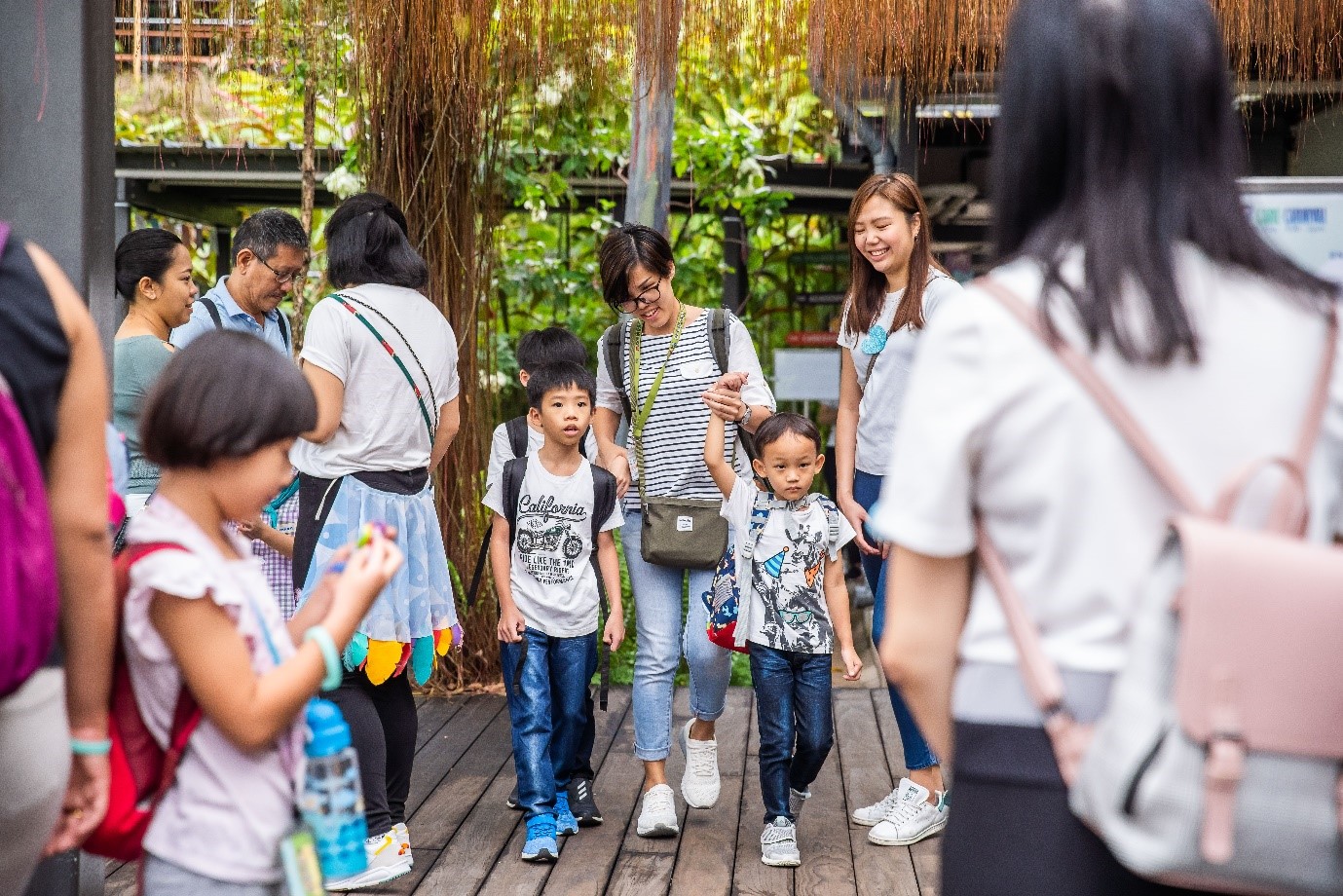
Raising one child with special needs is challenging enough. Raising three puts unimaginable stress and strain on the family. Yet, this is Annette Chua’s reality. Annette’s six-year-old son is suspected to have autism. She is also caring for her nephews who both have autism. The older boy who is 11 is also being treated for depression and anxiety while his nine-year-old brother is being tested for learning disabilities.
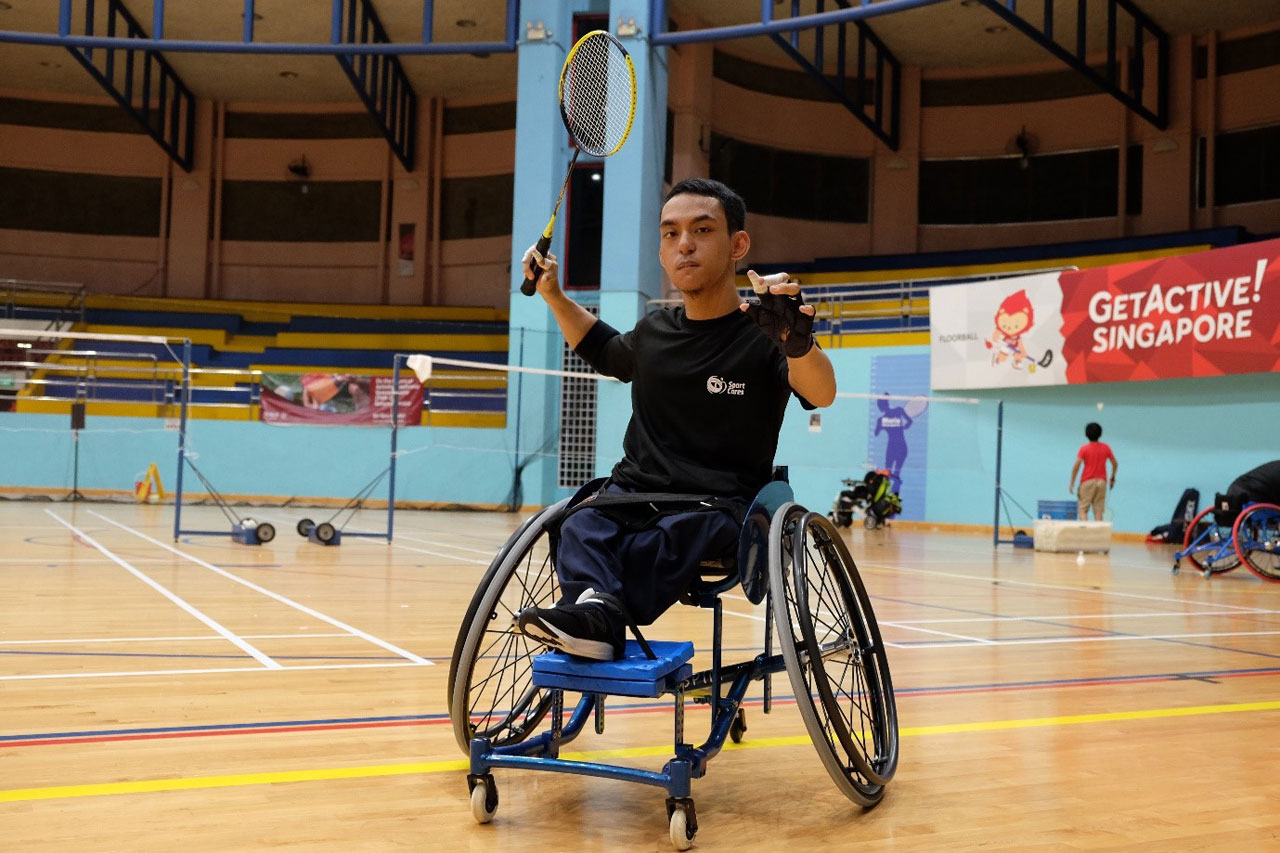
Like many children, Akram Ramadan Misrawi, 24, began playing badminton because it was something his family did.
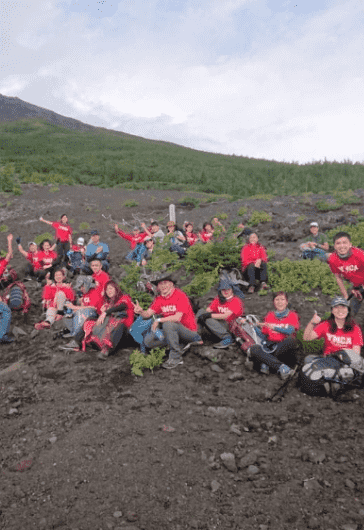
They were an unlikely team of trekkers. Some had cerebral palsy, others with autism, four were visually impaired and one needed crutches. All, however, were determined that no disability would prevent them from living life to the fullest. Empowering them to do just that was non-profit organisation YMCA Singapore.
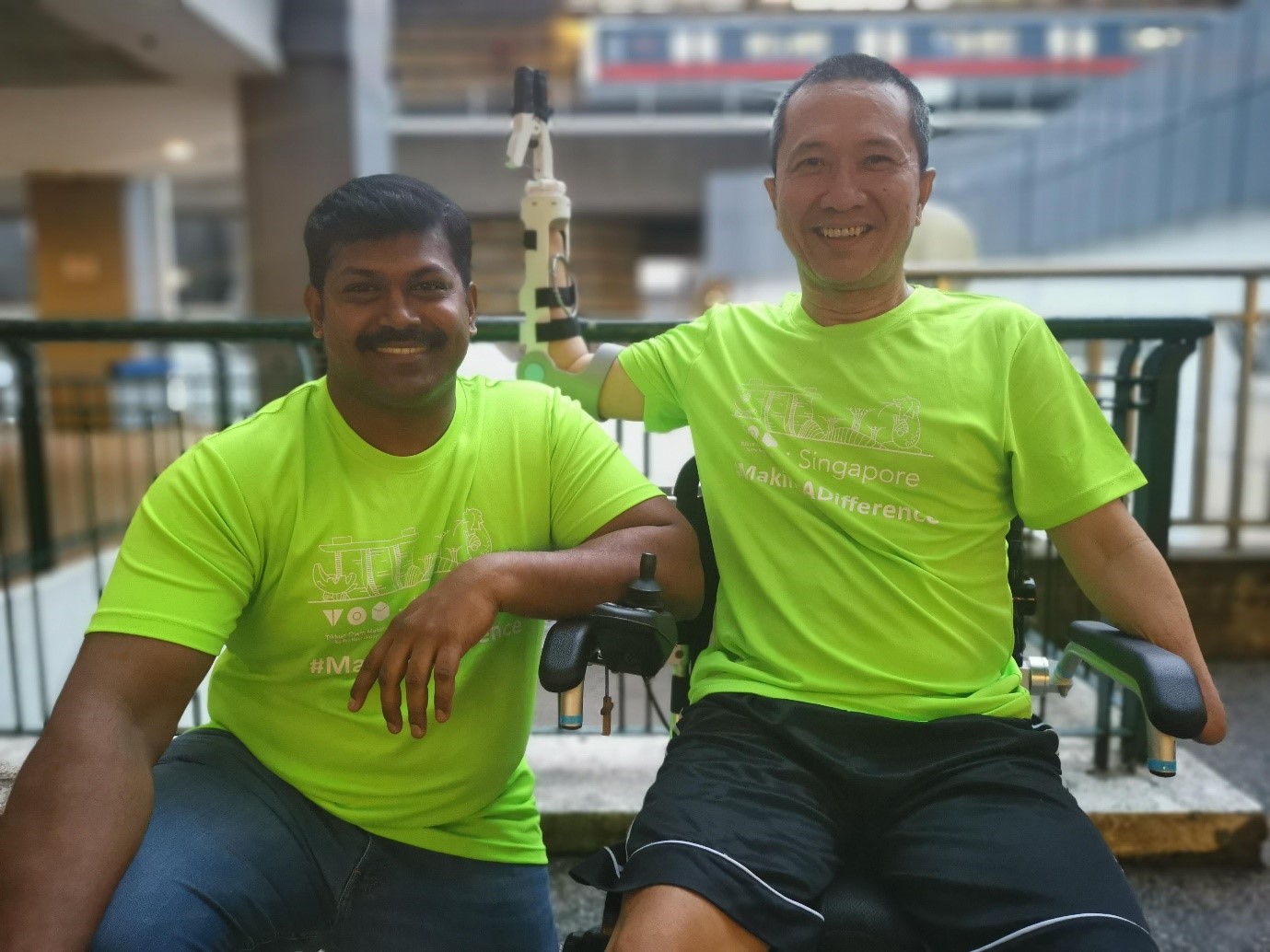
Theirs is an unlikely friendship. D J Saravana Kumar is a senior graphics designer at Fraunhofer Singapore. Tan Whee Boon is a quadruple amputee who lost his limbs as a result of a bacterial infection. They would never have met if not for an Israeli humanitarian project that became global.
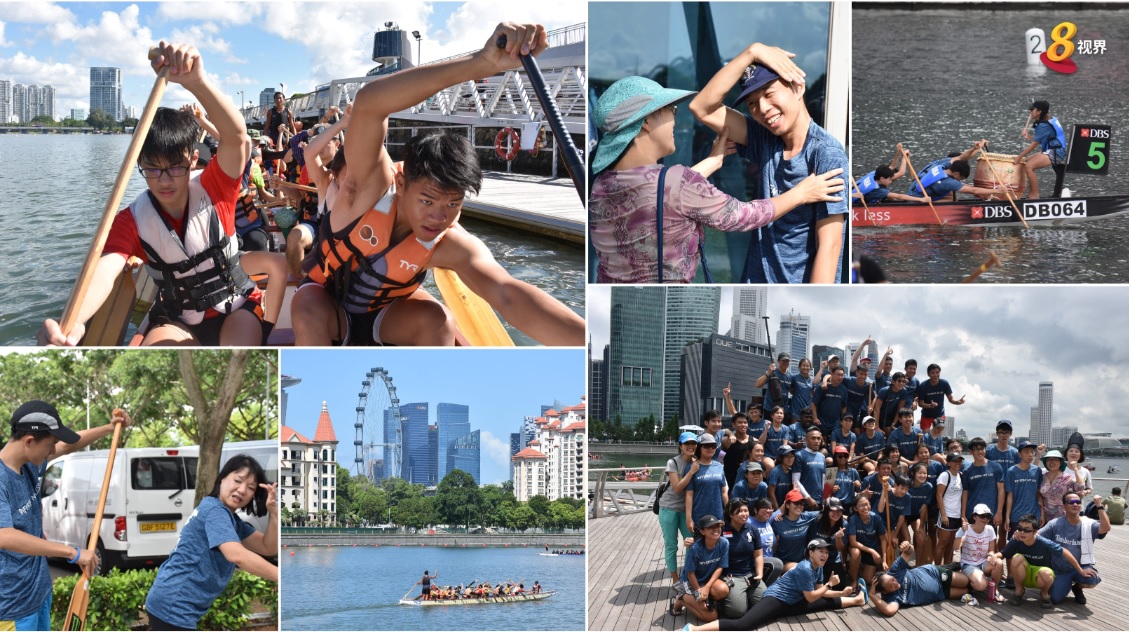
“异龙”突起!本地有这么一个由不同特殊需求的队员组成的龙舟队,他们在正式成立约半年左右便首次出征一年一度的星展银行滨海龙舟赛(DBS Marina Regatta),夺得坚韧不拔精英组公开赛的冠军!
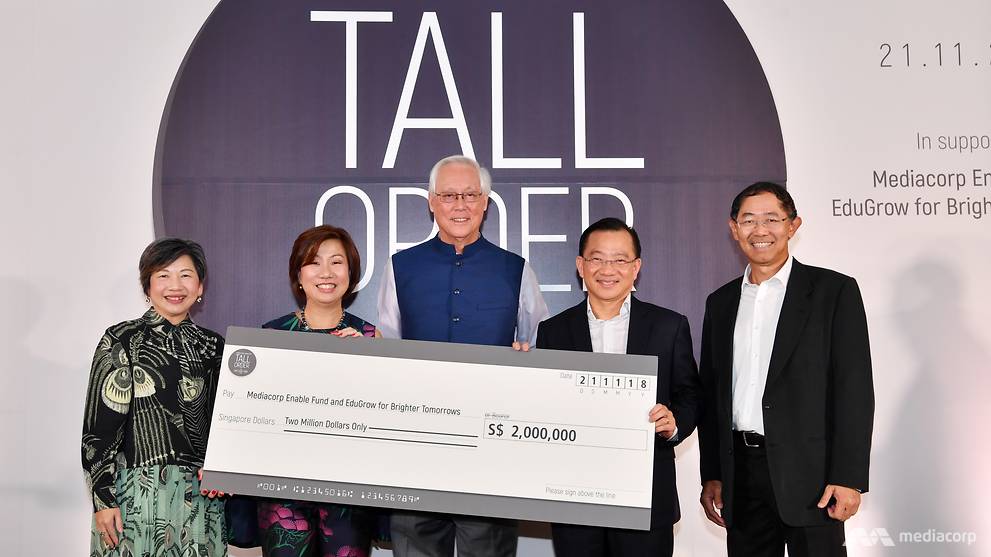
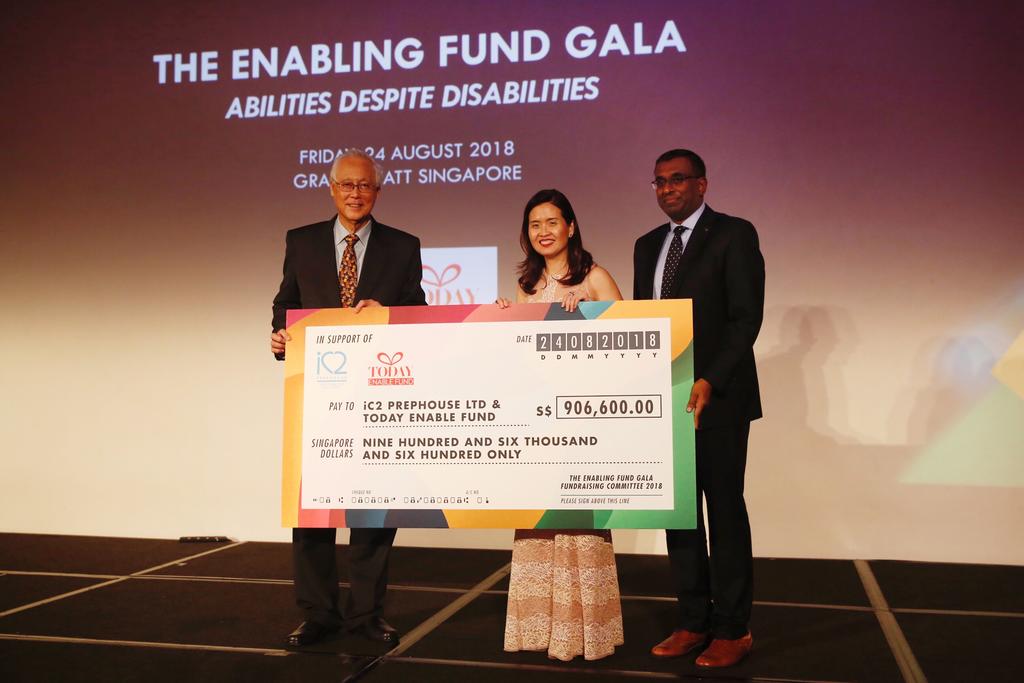
SINGAPORE – More than S$960,000 was raised for the TODAY Enable Fund and local charity iC2 PrepHouse at The Enabling Fund Gala Dinner held at the Grand Hyatt Singapore hotel on Friday (Aug 24).
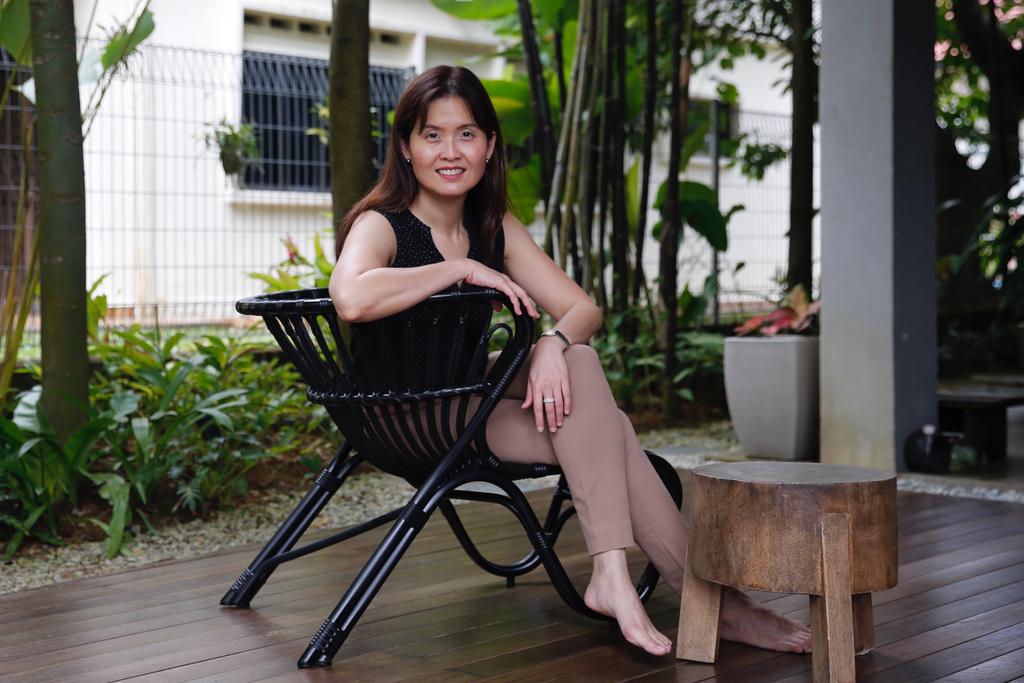
SINGAPORE — Through its support services, one local charity is hoping to help visually-impaired persons lead a mainstream life, which includes studying at mainstream schools.
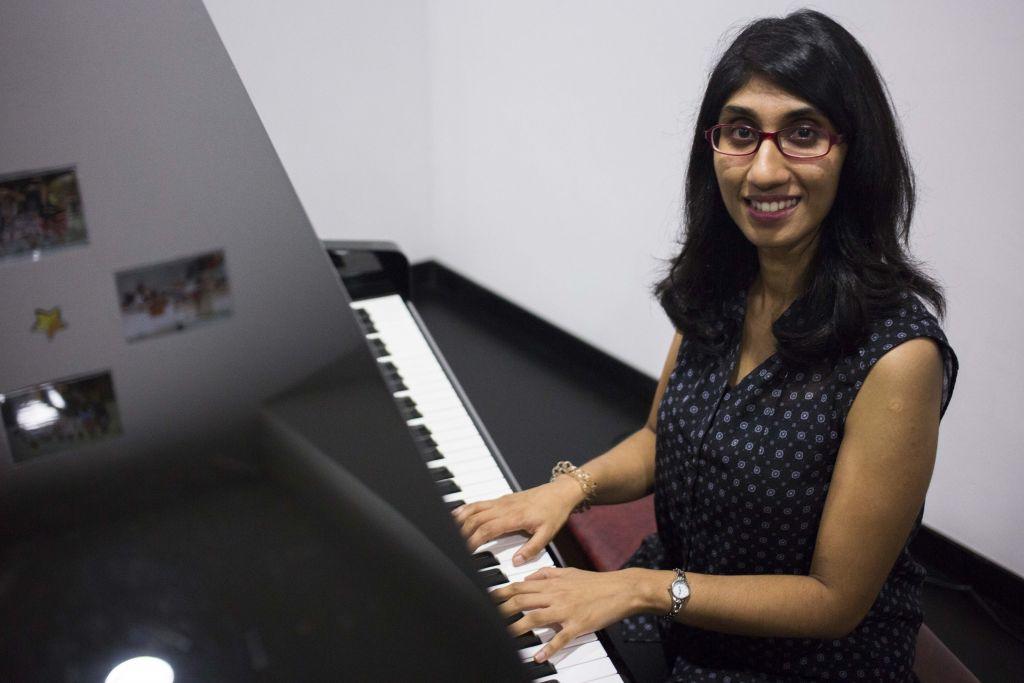
SINGAPORE — Two special needs artists will be performing at a charity gala dinner next month to showcase their talents.
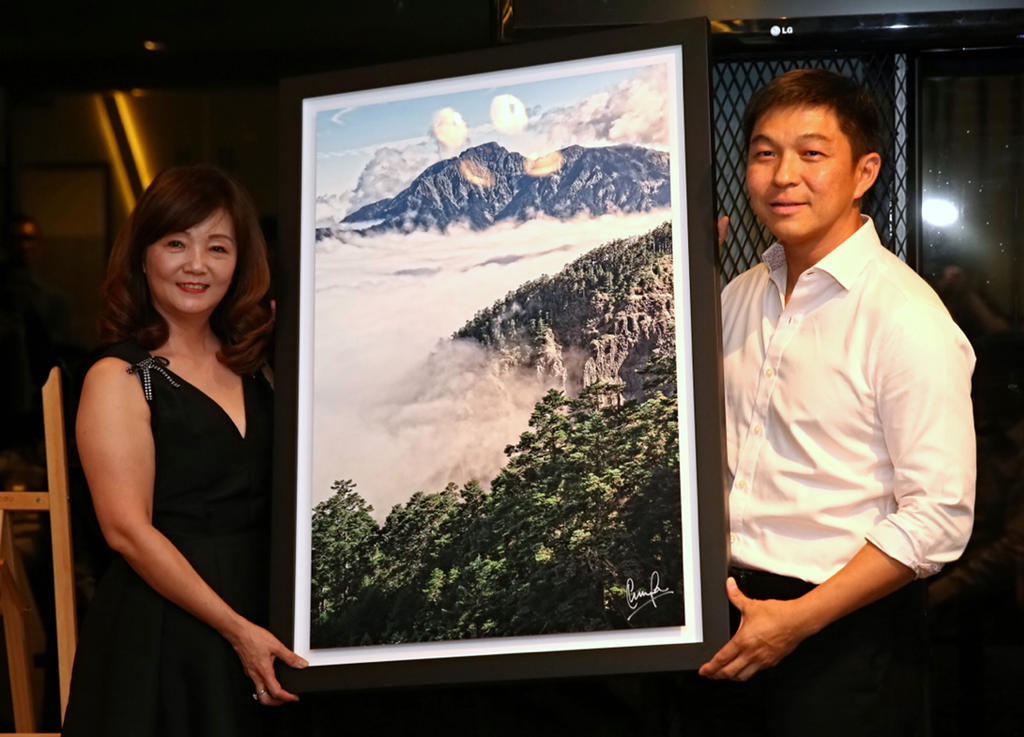
SINGAPORE — Speaker of Parliament Tan Chuan-Jin has helped to raise S$120,000 for the TODAY Enable Fund following a private dinner last month, where 10 of his limited-edition photographic prints were put up for sale.
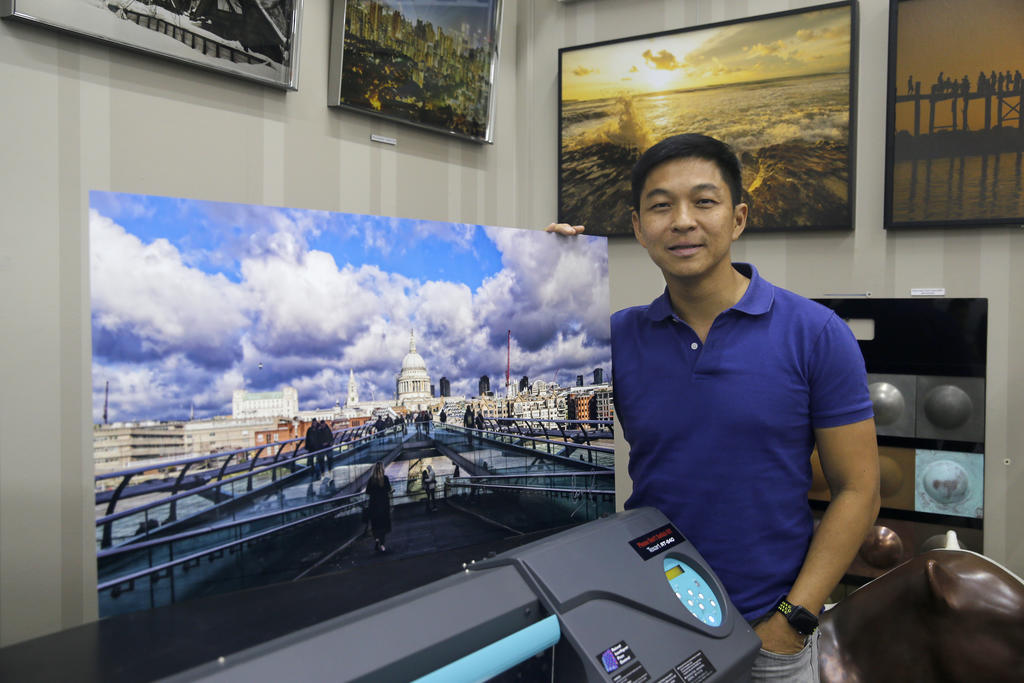
SINGAPORE — Ten limited-edition photographic prints by Speaker of Parliament Tan Chuan-Jin have been put up for sale to raise funds for the special-needs community.
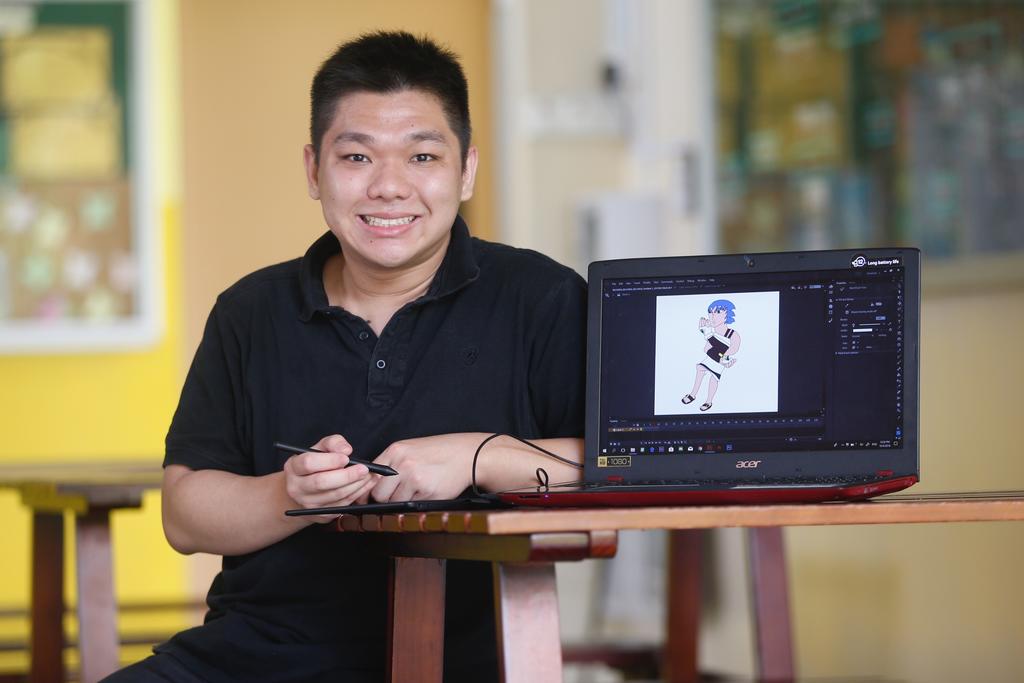
SINGAPORE — Mr Lim Han Ming’s face lights up as he talks about Kana Akira, the blue-haired hero created by the budding animator.

SINGAPORE — At the Singapore Latte Art Championship held at Marina Bay Sands last month, Ms Nuraqilah Fatin Swat found herself pitted against professional baristas Kinsmen Coffee and House of Robert Timms.
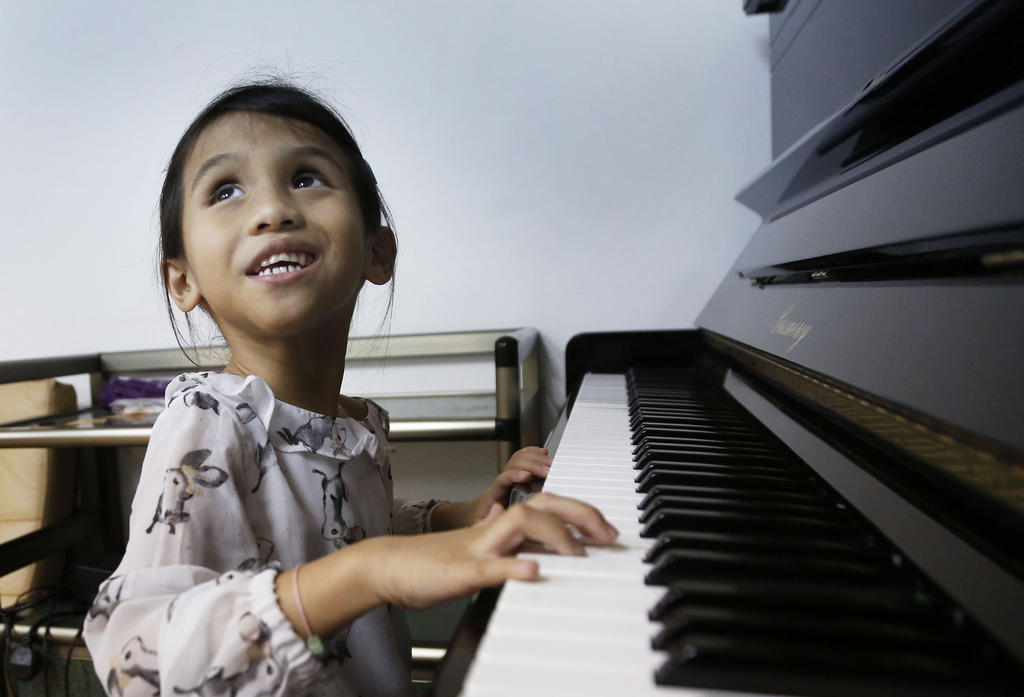
SINGAPORE — Popular lullaby “Twinkle, Twinkle, Little Star” was the first song that five-year-old Anisah Daaniys, who was born blind, taught herself to play by ear on the keyboard.
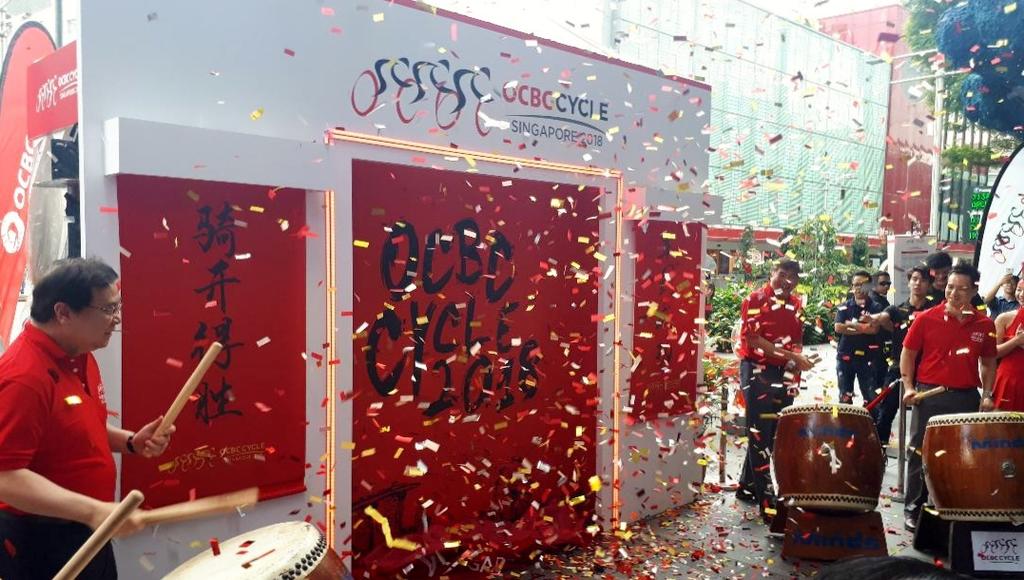
SINGAPORE — OCBC Cycle has adopted the TODAY Enable Fund as a charity partner for the second year in a row.
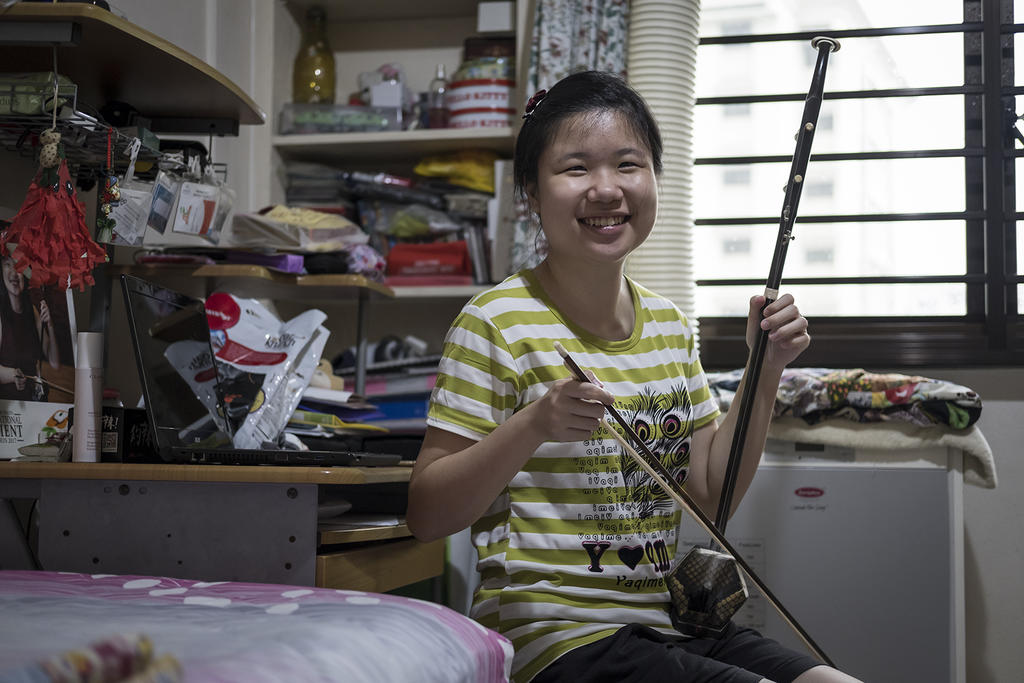
SINGAPORE — Some four months ago, erhu (a two-stringed bowed instrument) player Stephanie Ow, 21, was still relying on a four-year-old laptop to complete her readings and assignments.
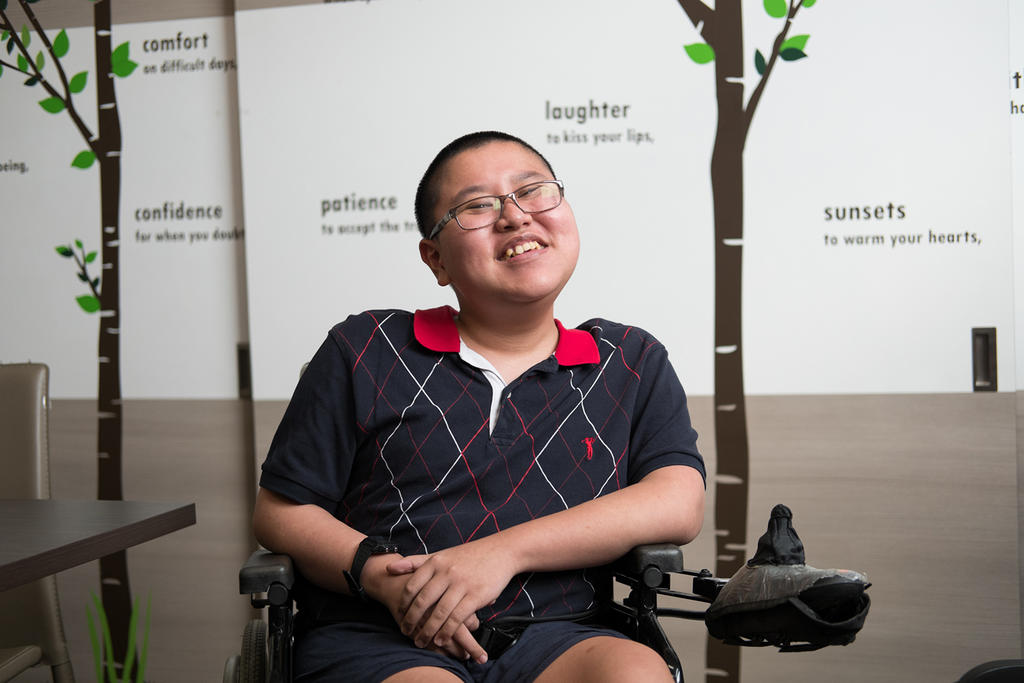
SINGAPORE — Eighteen-year-old Andrew Tan, who has muscular dystrophy, dreams of starting his own online greeting card business one day.
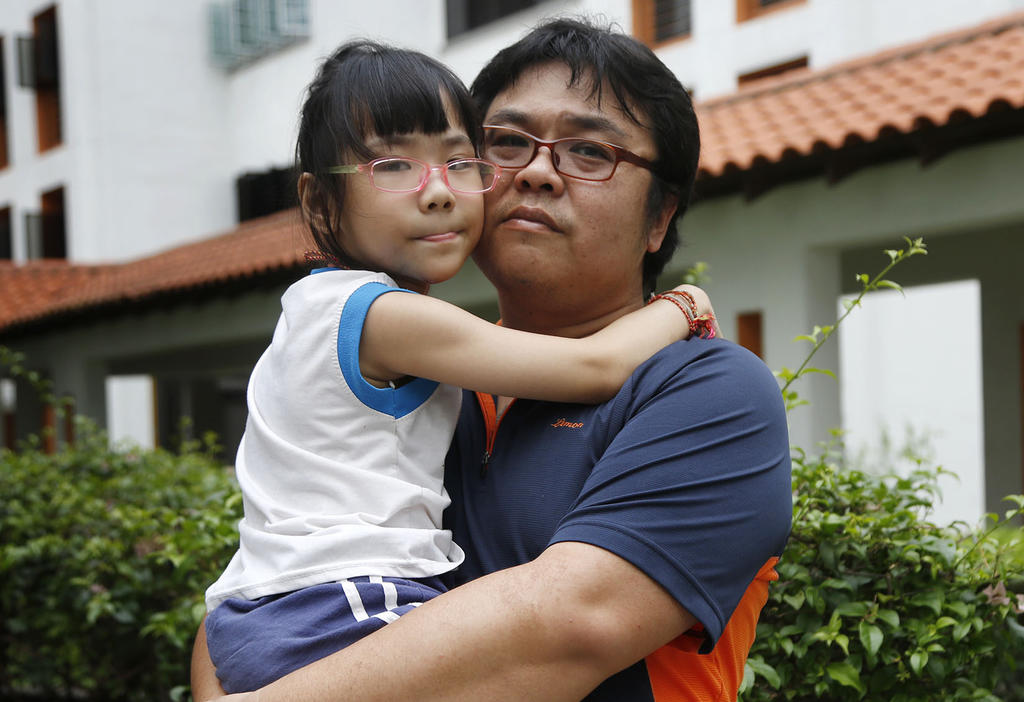
SINGAPORE — Five months ago, seven-year-old Lee Qi Zhen required her father’s help to stand.
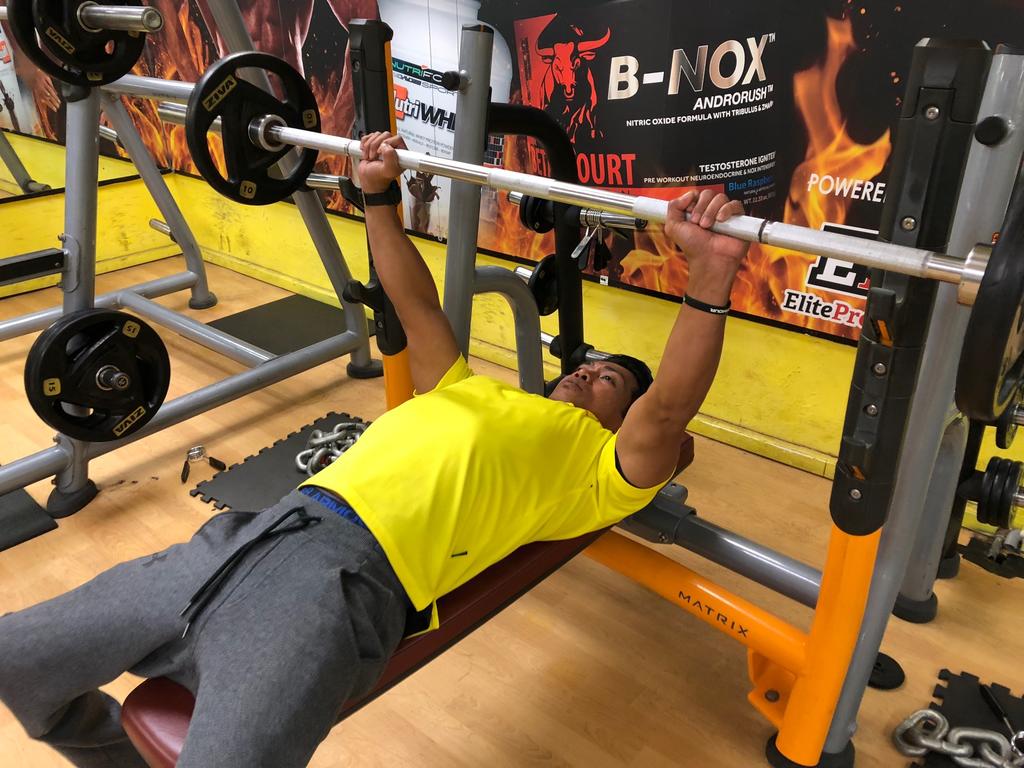
SINGAPORE — Struggling with low self-esteem as a result of being born with polio, Mr Mohamad Ashree Mokri turned to drugs and bad company in his mid-20s. That landed him in jail twice, for a total of nearly a decade.
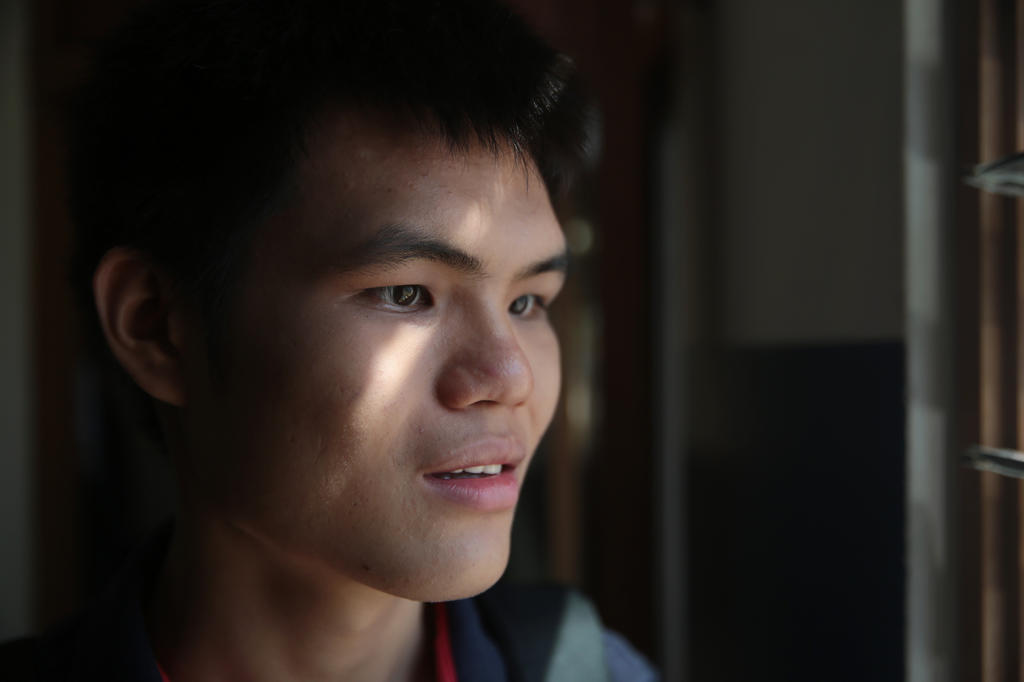
SINGAPORE — Technology has been an enabler for tertiary student Chia Hong Sen, 21, who was born blind.
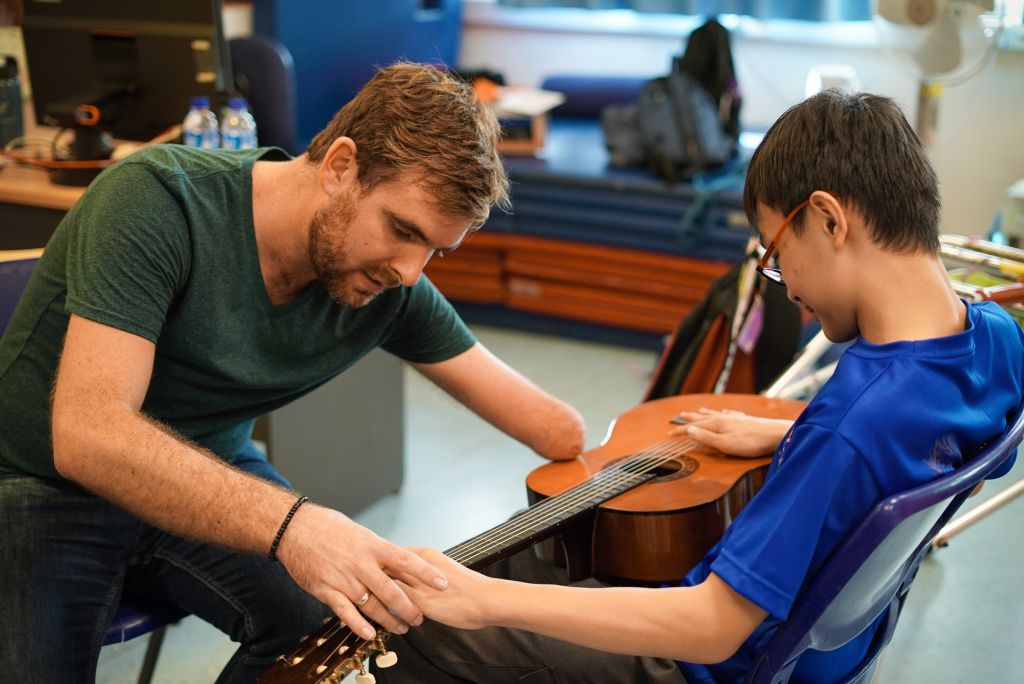
SINGAPORE — In a moment of magic at Grace Orchard School recently, visiting American singer and guitarist Tony Memmel received a request from a student to play a pop song. When he started on the first few bars of Katy Perry’s Roar, another student picked up an extra microphone, made his way to the front of the audience and began belting out the song.
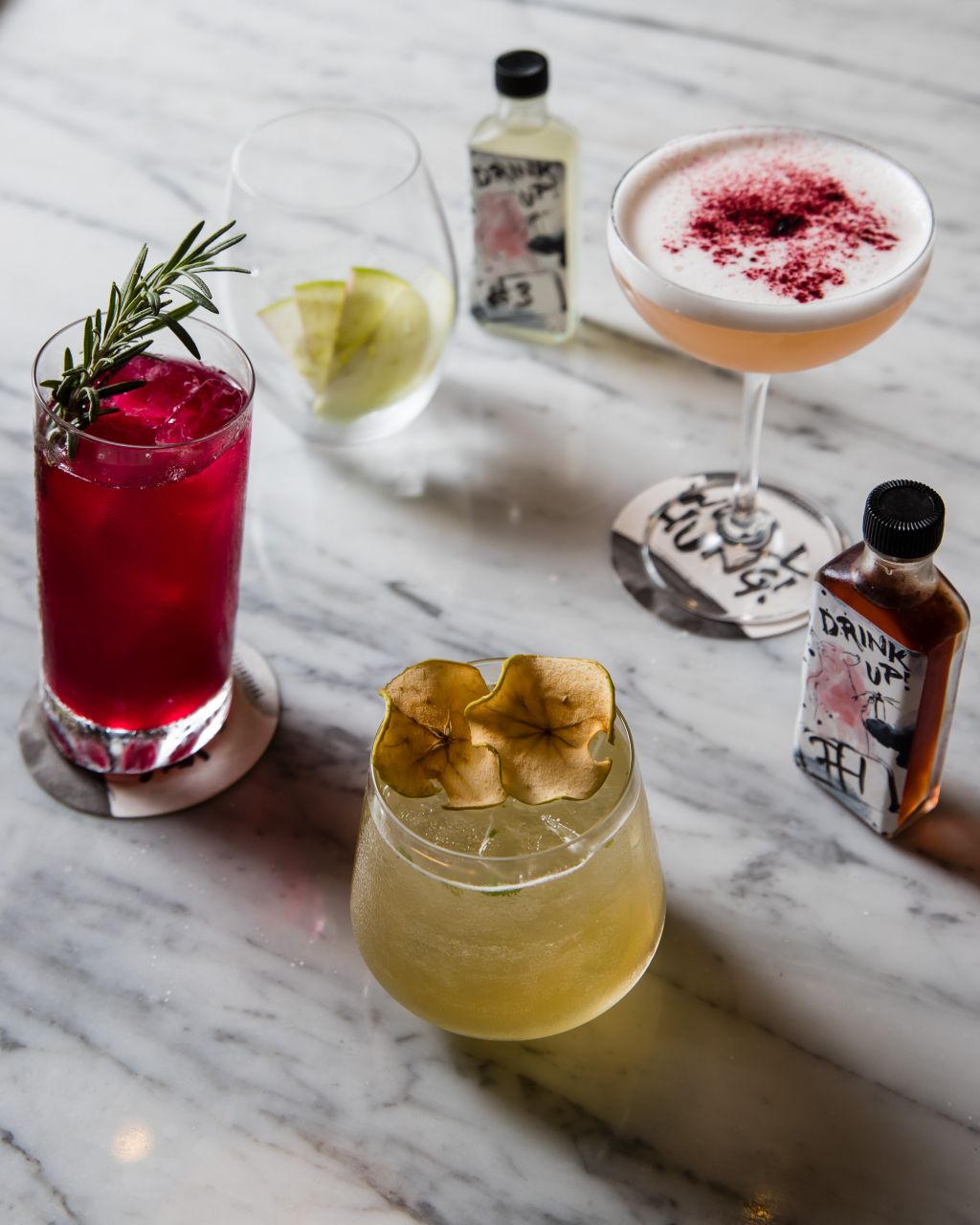
SINGAPORE — From Nov 28 to Dec 5, lifestyle brand Unlisted Collection will donate S$1 for every beverage sold at 14 of its restaurants in Singapore to the TODAY Enable Fund.
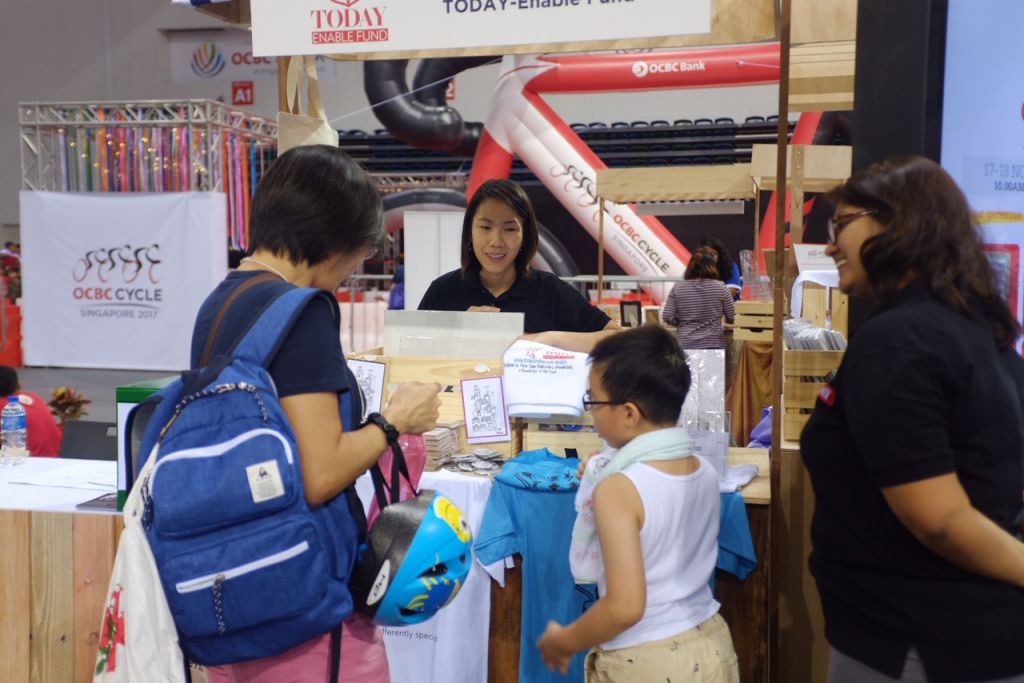
SINGAPORE — The TODAY Enable Fund (TEF) raised over S$3,600 at a two-day charity bazaar which ended on Saturday (Nov 18) through the sale of items produced by the special needs community.
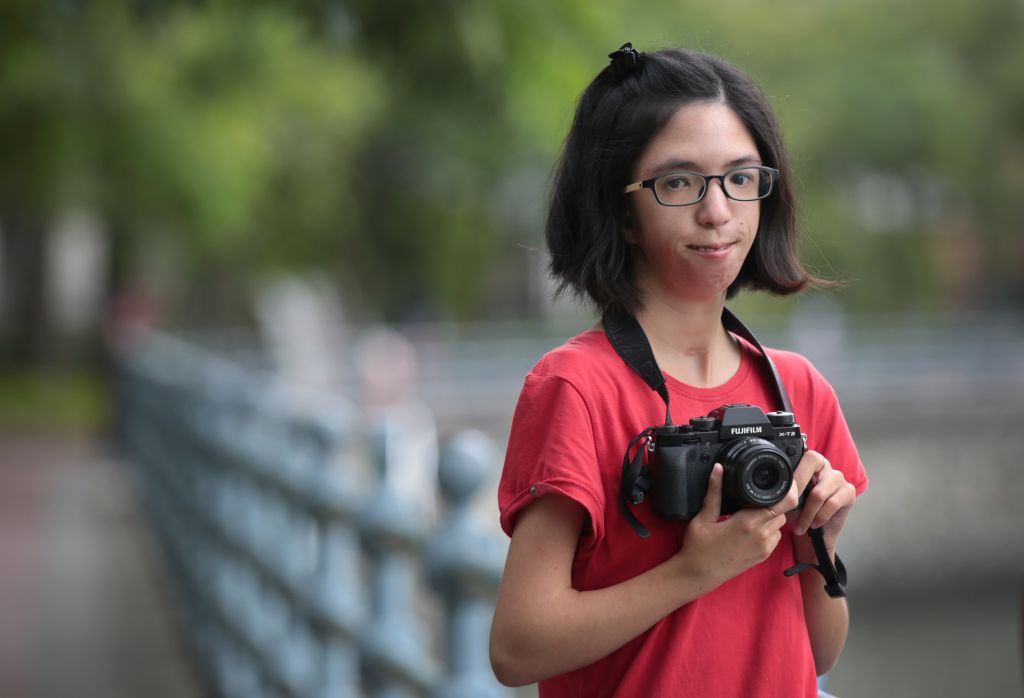
SINGAPORE — Born with an extremely rare condition that affects the development of her face, hands and arms, as well as hearing, Isabelle Lim has been interviewed by the media many times over the years.
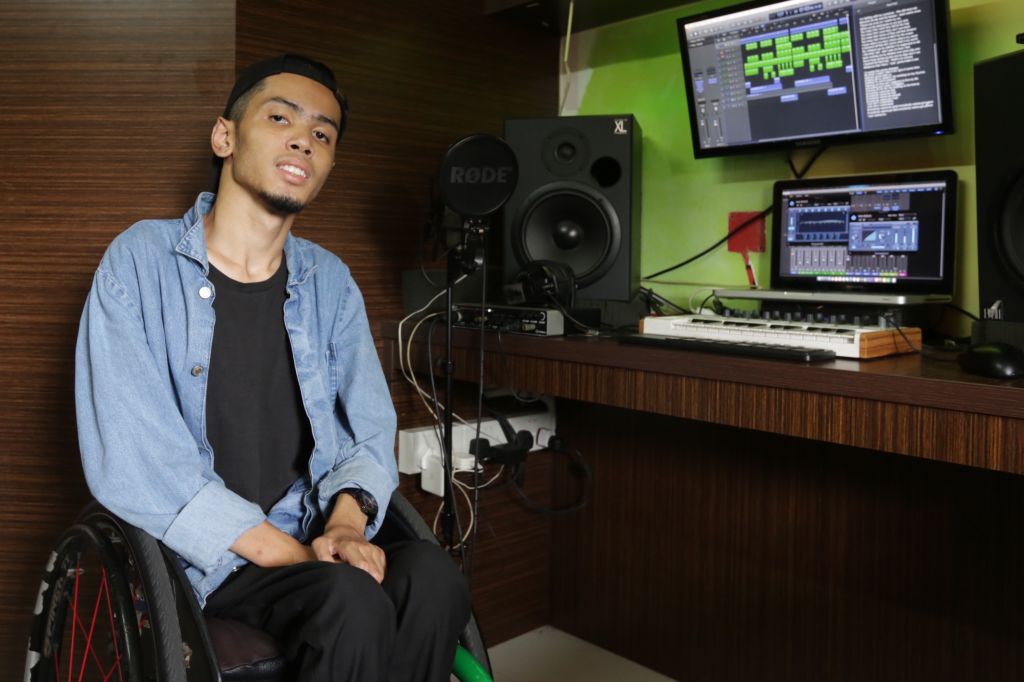
SINGAPORE — Sheikh Mohd Danial Bawthan was 14 when he started to feel the impact of how different he was from his peers.
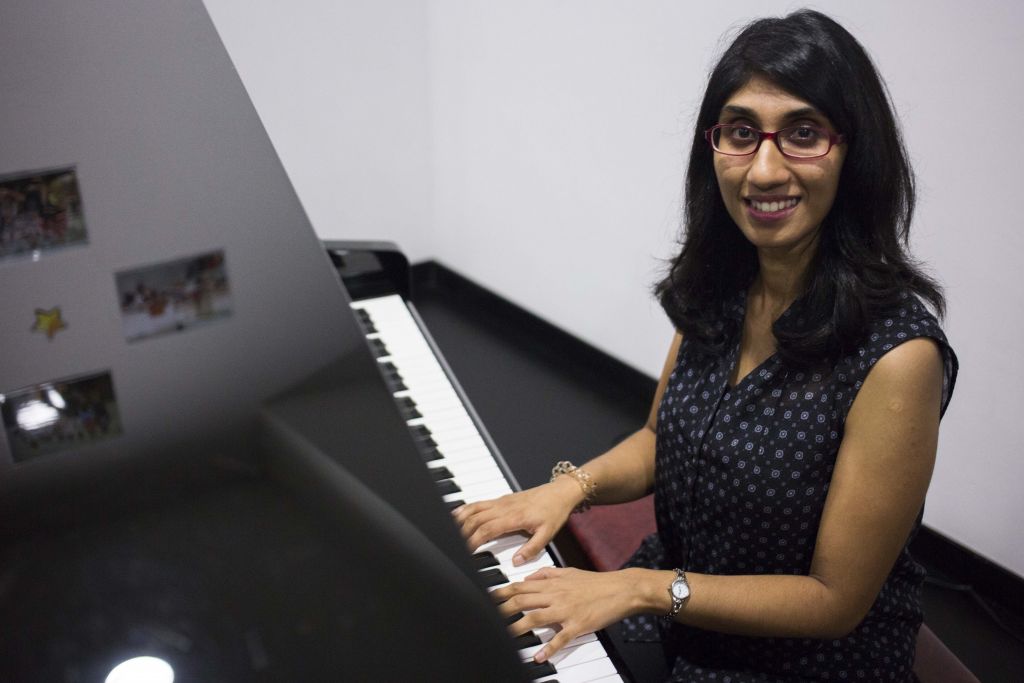
SINGAPORE — For almost 20 years, she could not hear properly. And the first time she saw someone playing the piano at five years old, she could only “feel” the melody through the vibrations in the air.
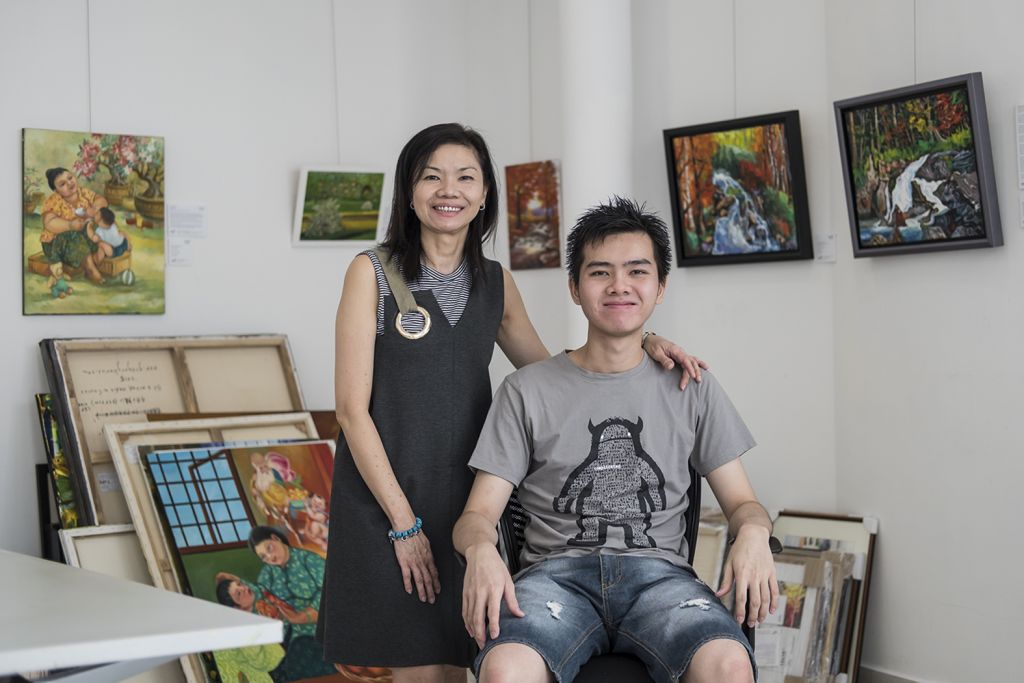
SINGAPORE — Opening Mr Kenneth Lee’s A4-sized notebook, you will see a sketch of a cityscape depicted in Japanese science fiction anime Akira.
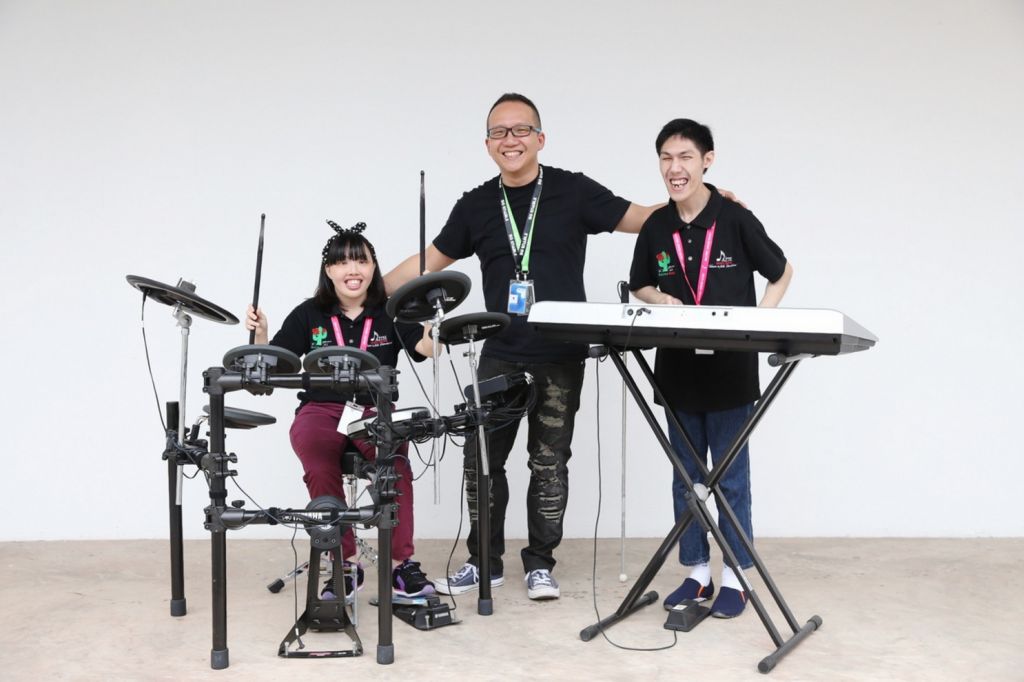
SINGAPORE — Rejected from a music school because she was told that she did not have a sense of rhythm, Ms Jamie Lopes-Lam had to give up her dream of playing the drums until Faith Music Centre (FMC) came along. The centre offers music lessons for people with disabilities
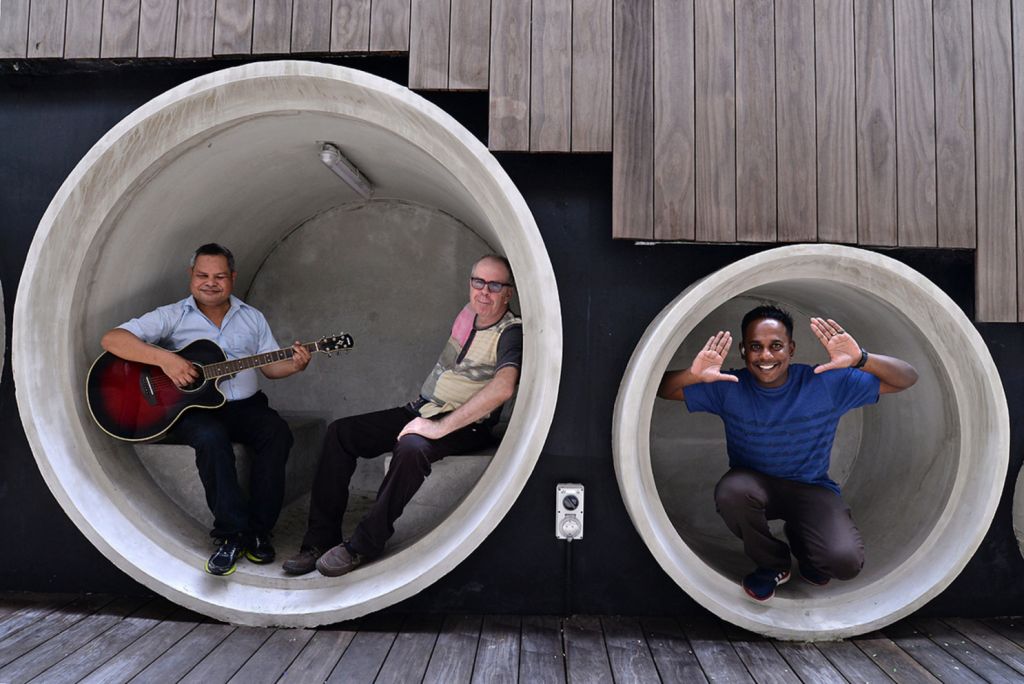
SINGAPORE — An inclusive storytelling event which organisers hope will start a new chapter in promoting acceptance will take place next month.
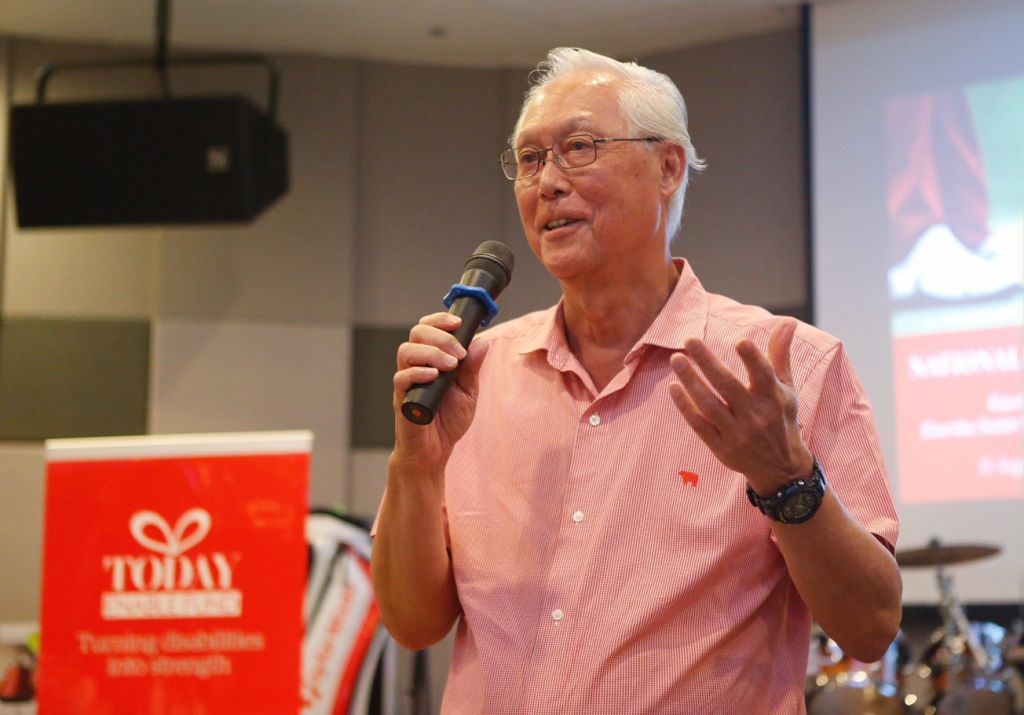
SINGAPORE – More than S$20,000 was raised on Friday (Aug 11) for the special-needs community at a dinner organised by the National University of Singapore Society (NUSS), where Emeritus Senior Minister Goh Chok Tong was guest-of-honour.
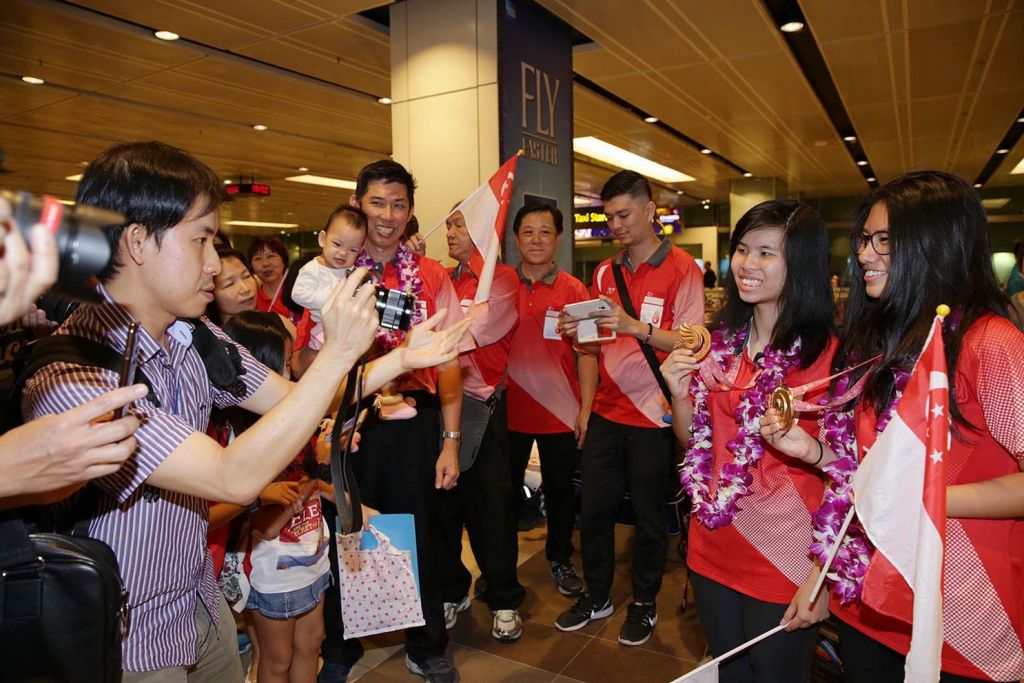
SINGAPORE — Growing up, 18-year-old Adelia Naomi Yokoyama — who was born deaf — looked up to her two older sisters.
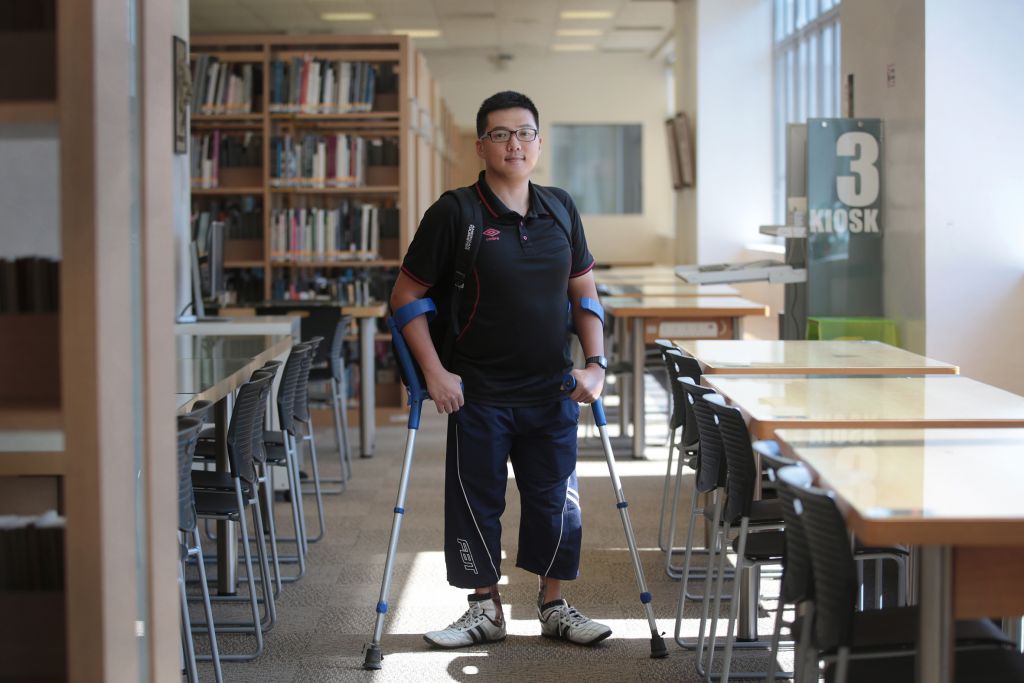
SINGAPORE — A spinal cord malformation may give him physical challenges, and finances may be tight for him and his ageing grandmother, but 24-year-old Alex Lim is determined to lead a normal life.

SINGAPORE — Over S$1,700 was raised for the special needs community from a two-day roadshow at Orchard Gateway held earlier this month.
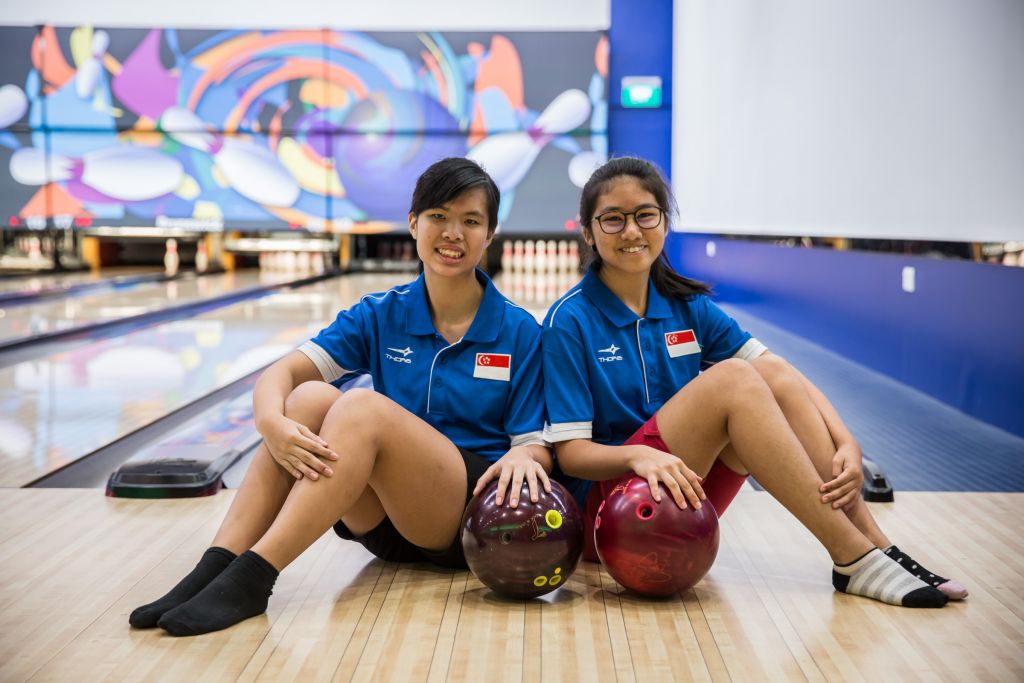
SINGAPORE — A team of deaf bowlers flew off on Friday (July 14) to Samsun, Turkey for the 23rd Summer Deaflympics 2017 — in the hopeof bringing home Singapore’s first medal from the event.

SINGAPORE — Showing off his Chinese ink painting skills at Orchard Gateway on Friday (July 7), visually-impaired artist Wesley Seah is proof that one’s disabilities is no barrier to acquiring new skills.
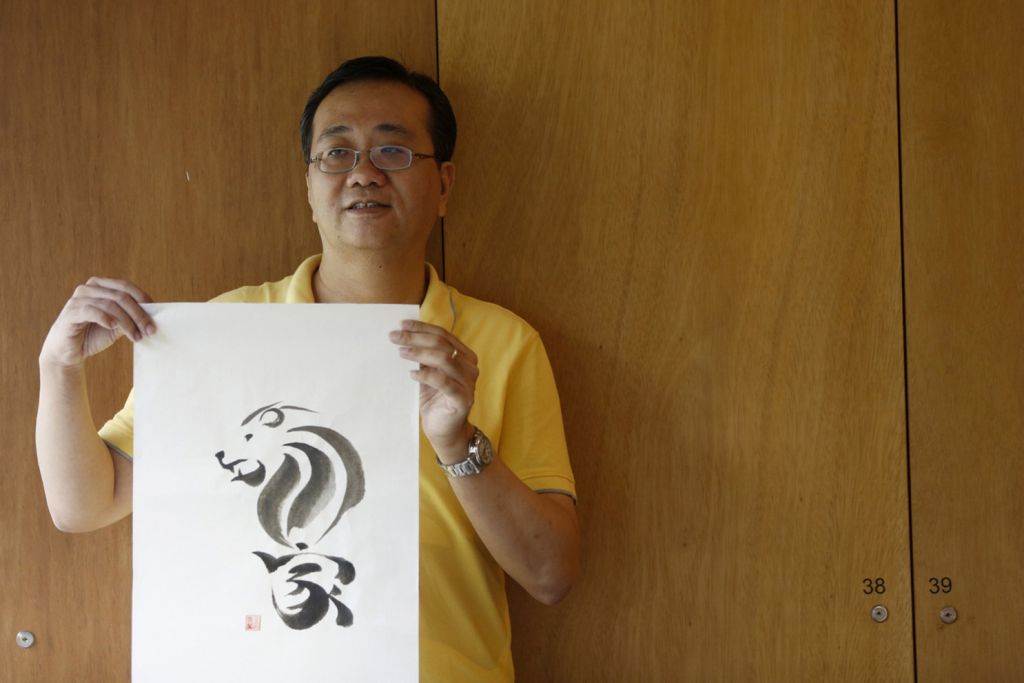
SINGAPORE — Every day Mr Wesley Seah looks through magnified copies of a Chinese calligraphy reference book on his laptop before painstakingly practising his brush strokes.
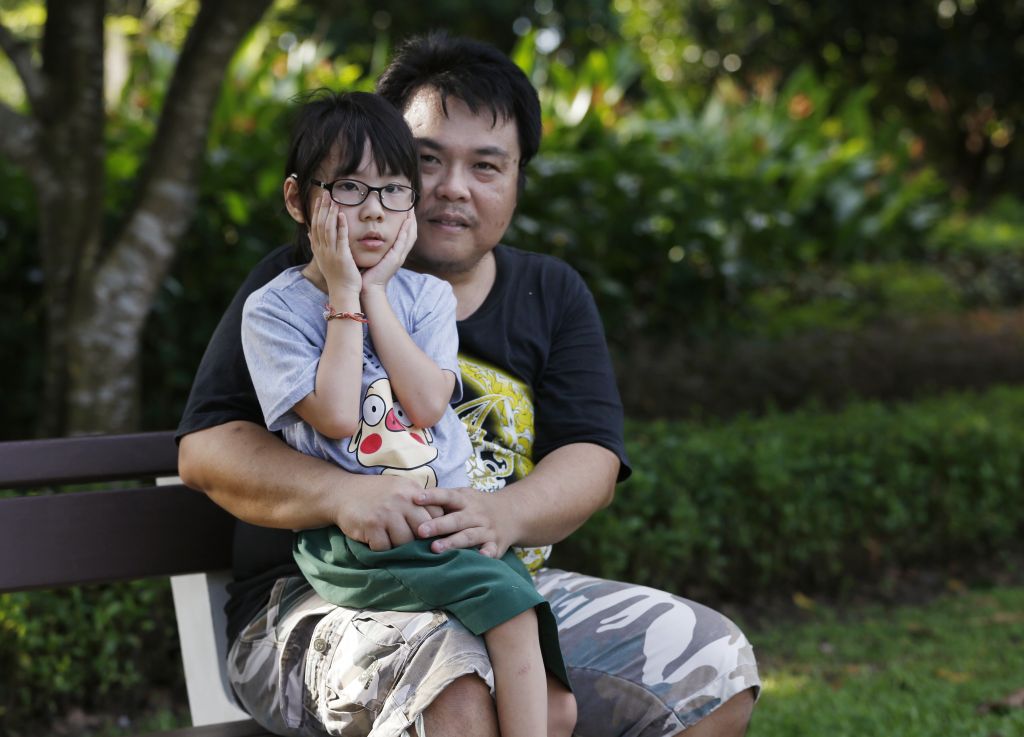
SINGAPORE — Consumed with worries about his daughter’s future, Mr Lee Shang Lian has not had a proper night’s rest for two to three years.
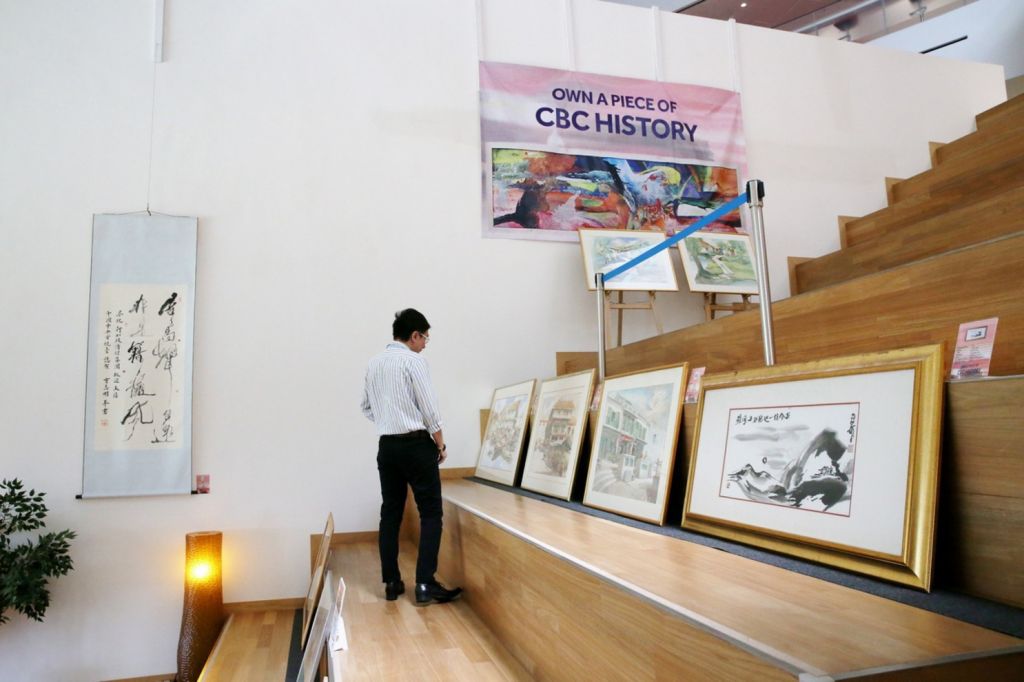
SINGAPORE — Mediacorp staff have raised S$9,500 for the TODAY Enable Fund, bringing the total sum raised to date for the special-needs community to S$334,500.
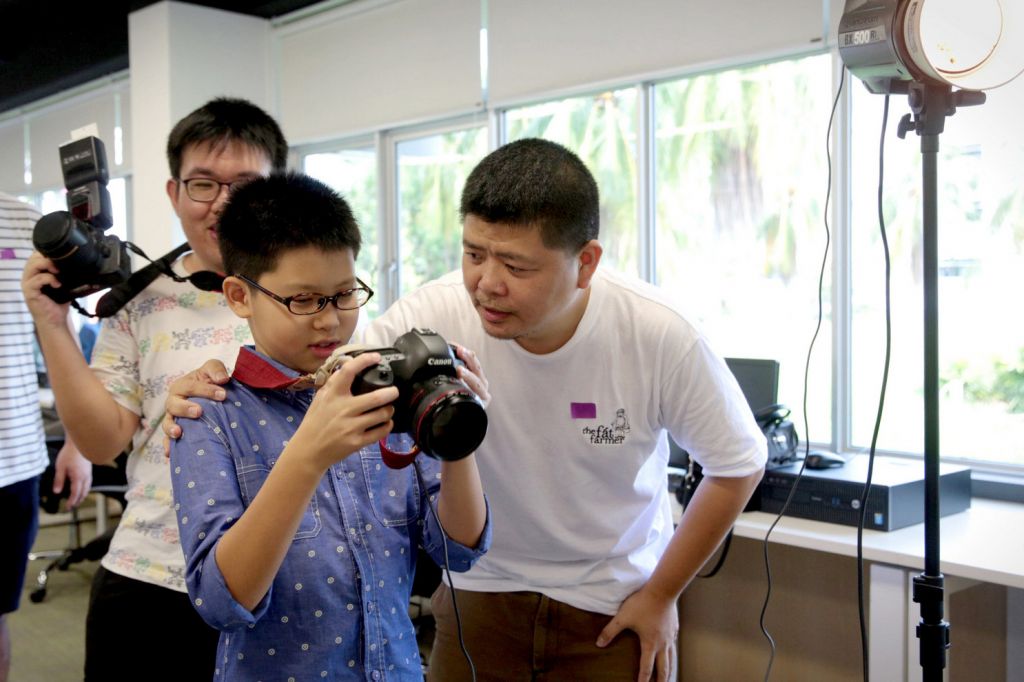
SINGAPORE — Photography and music may be serious endeavours for some, but they are also tools for integrating people with disabilities into the community.
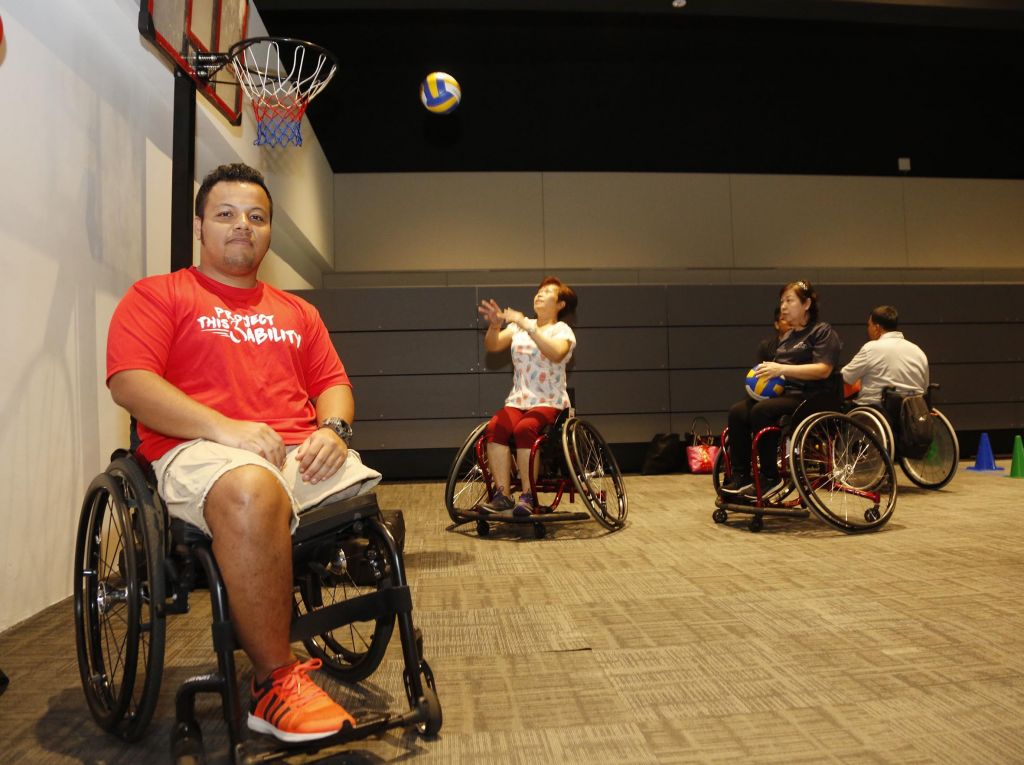
SINGAPORE — Mrs Jessie Ong was not into active sports after being paralysed on the left side of her body due to a stroke eight years ago. But on Saturday, after trying her hand at table tennis and boccia for the first time, the 43-year-old got inspired to become more active.
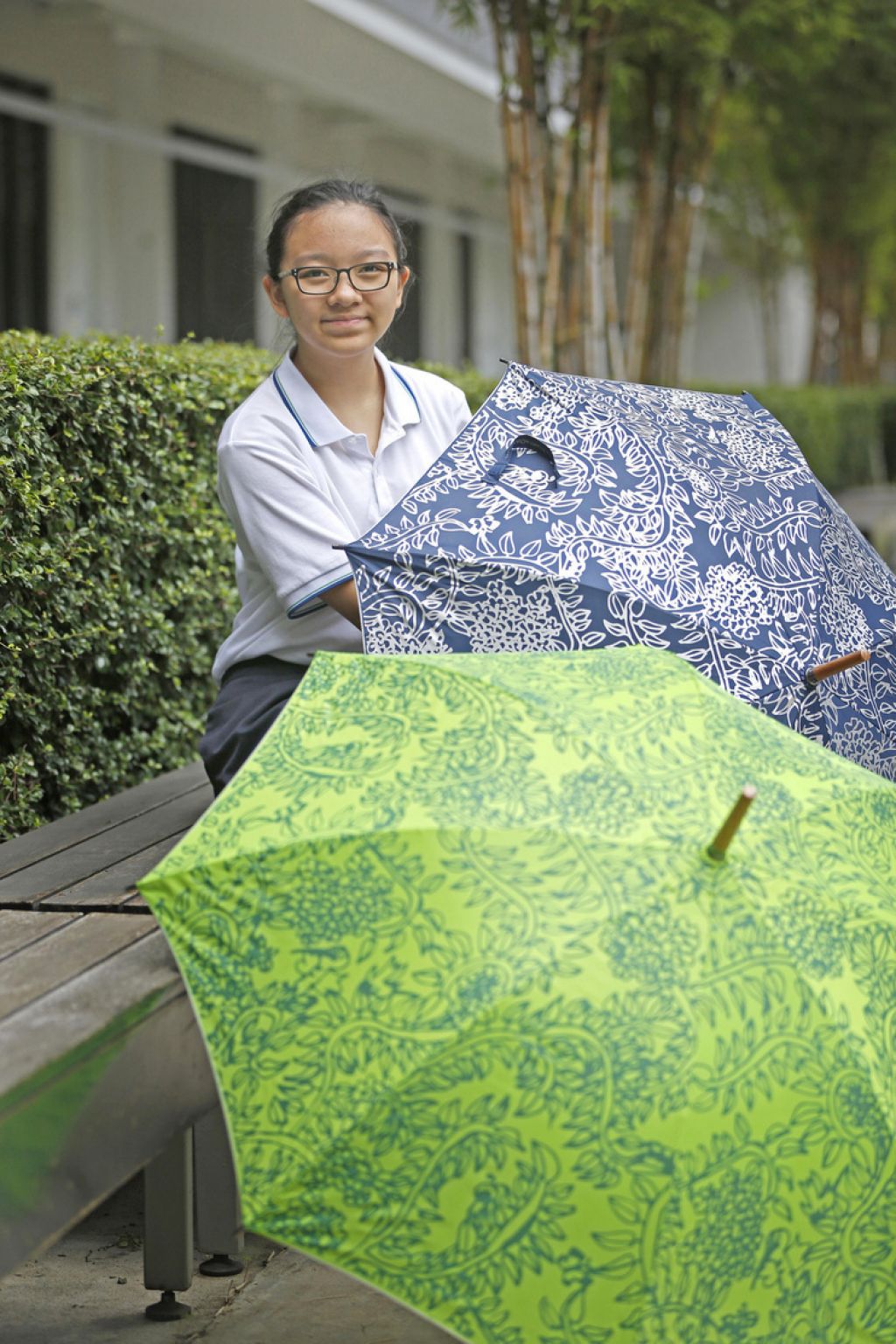
SINGAPORE — Thirteen-year-old Jolie Lim feels a pang every time she sees lizards, reviled by most people, portrayed as villains in cartoons and getting stomped on or chased by bigger creatures.
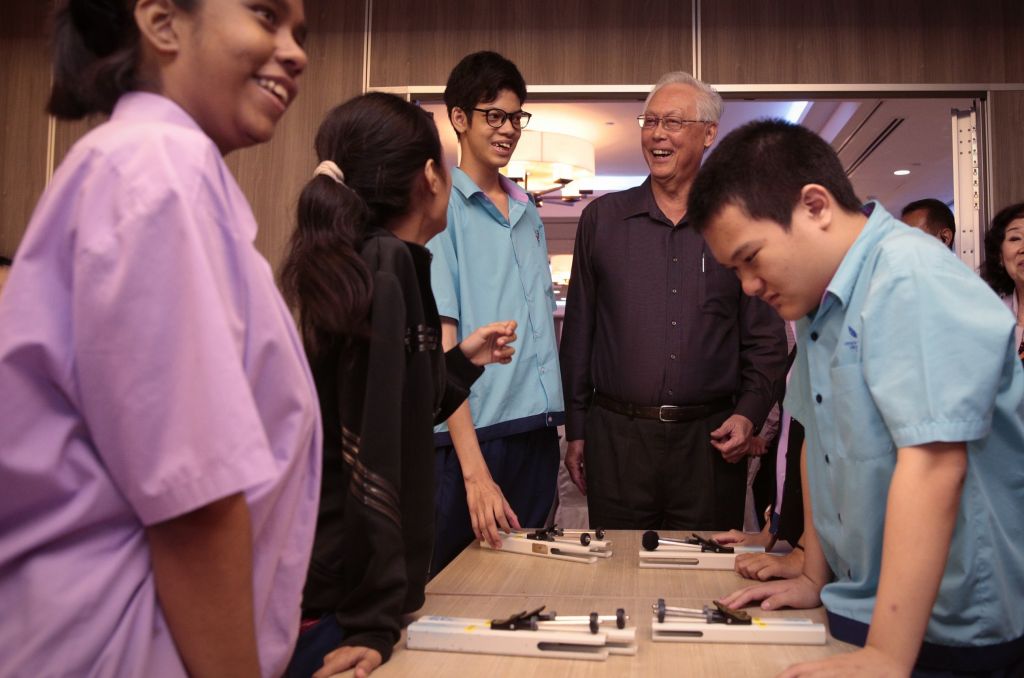
SINGAPORE — Three months after being set up, the TODAY Enable Fund has raised S$265,000, reaching more than half of its target sum of S$500,000 for its first year. And the charity dinner and auction held on Tuesday night (Feb 28) at Grand Mercure Singapore Roxy hotel in Marine Parade gave the fund its biggest boost to date, raising S$200,000, inclusive of an anonymous donation.
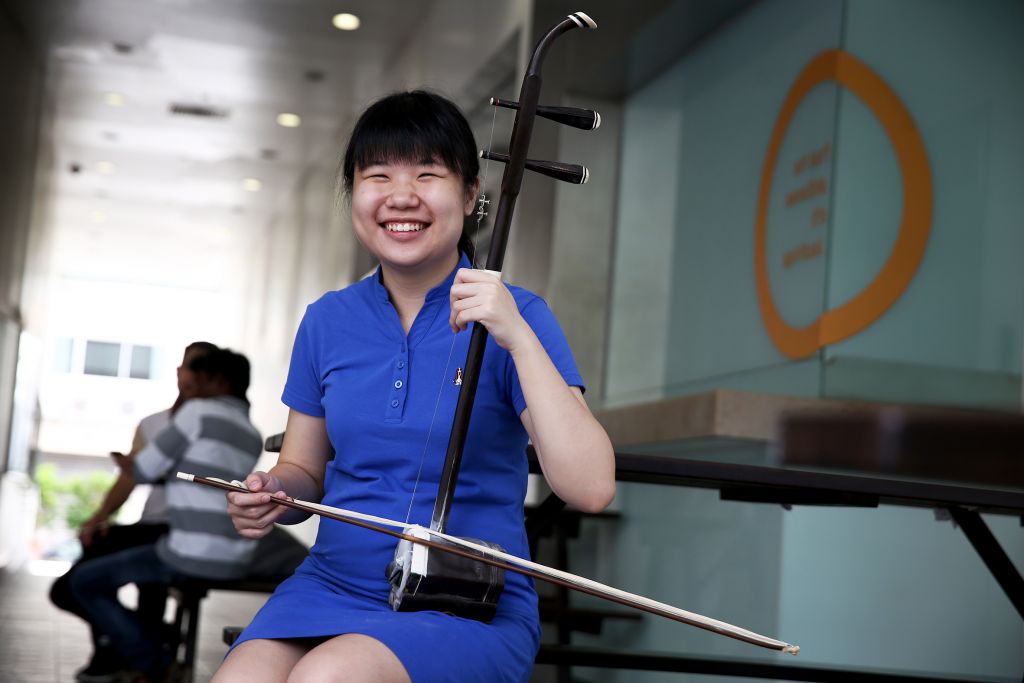
SINGAPORE — Unlike most musicians, Ms Stephanie Ow cannot rely on musical scores to play her erhu — she is blind, and sheet music in Braille is expensive and hard to come by.
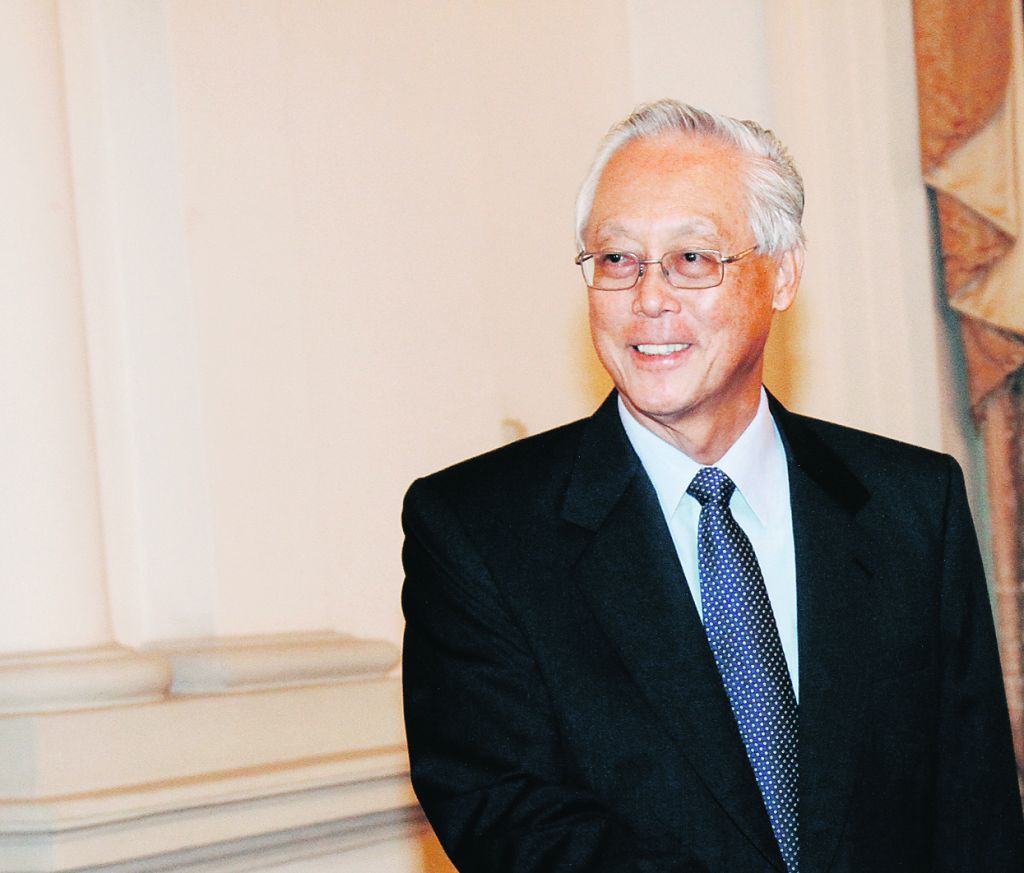
SINGAPORE — Special-needs artists will auction off their artworks as part of a fund-raising dinner to be held for the TODAY Enable Fund. The four original artworks and three colour-accented prints by six autistic artists feature nature, animals and architecture.
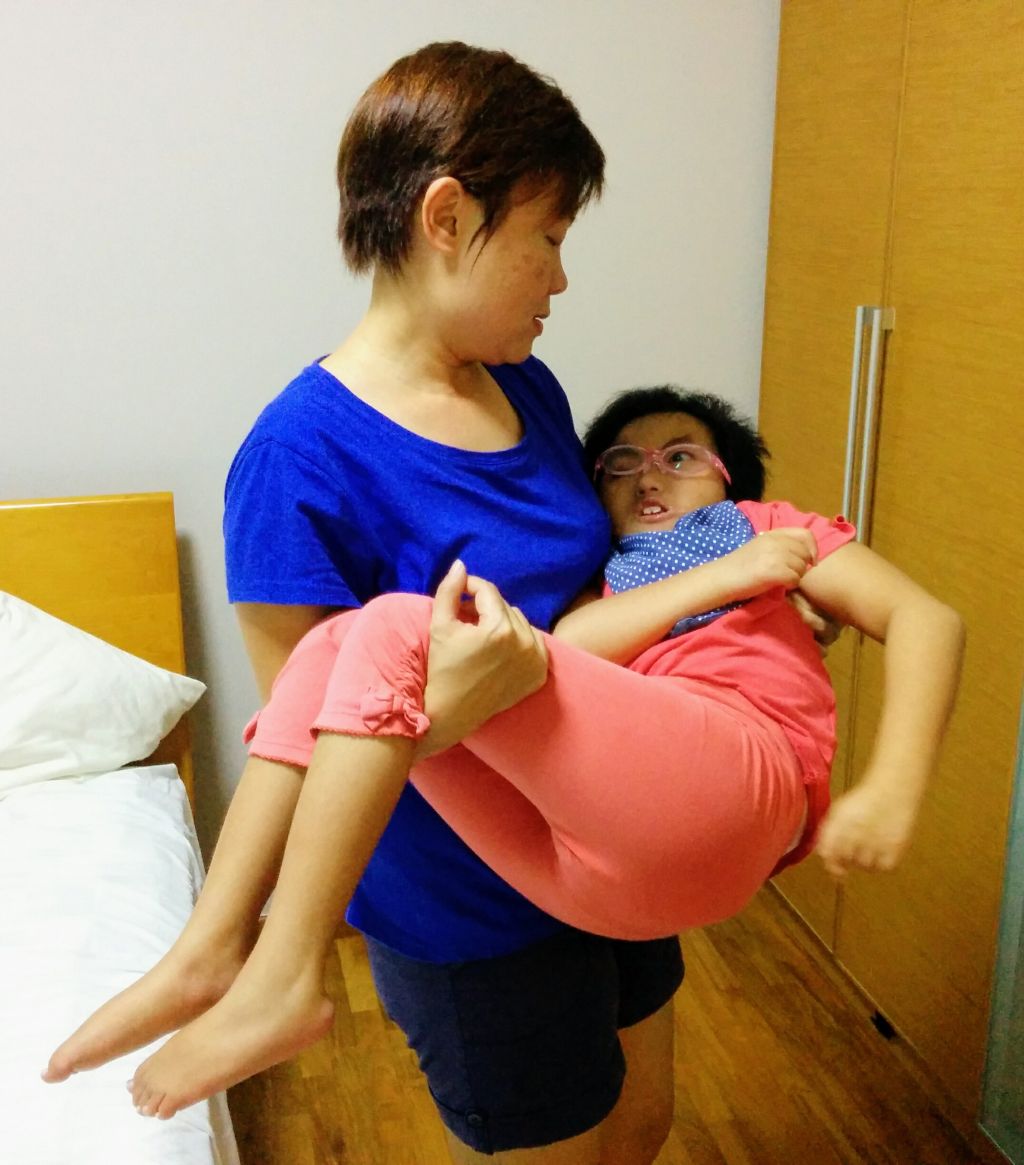
SINGAPORE — Eight years ago, I gave birth to my first child and my life changed forever.
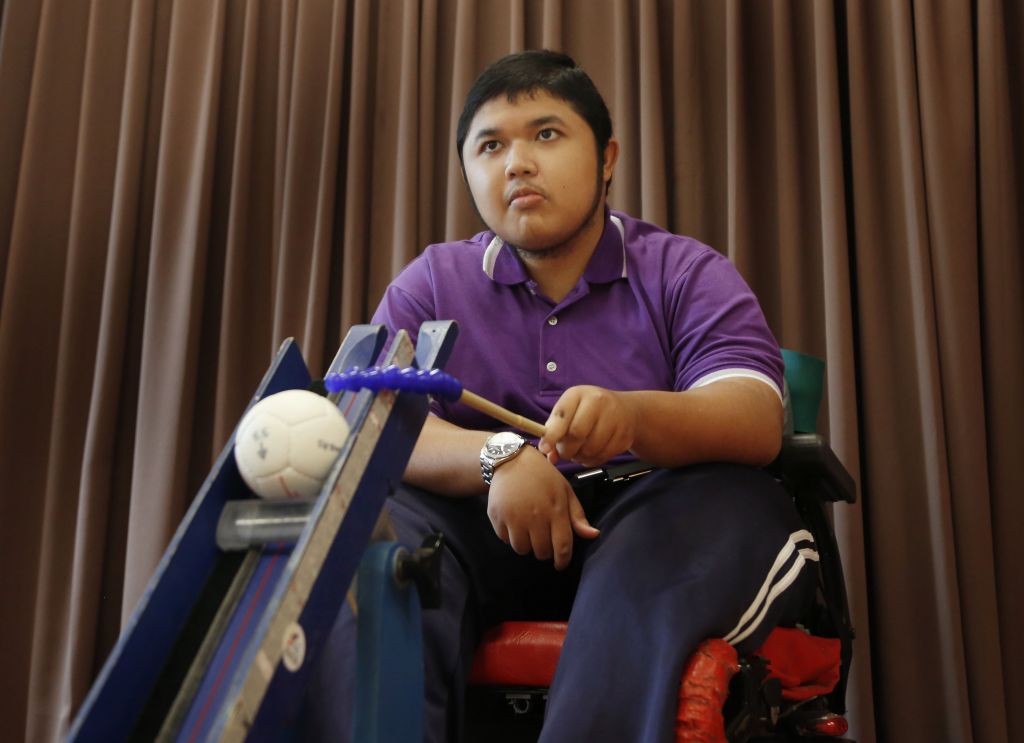
SINGAPORE — Growing up, Muhammad Saifudeen Abdul Salim often threw tantrums or stewed in silence over the fact that he was born different.
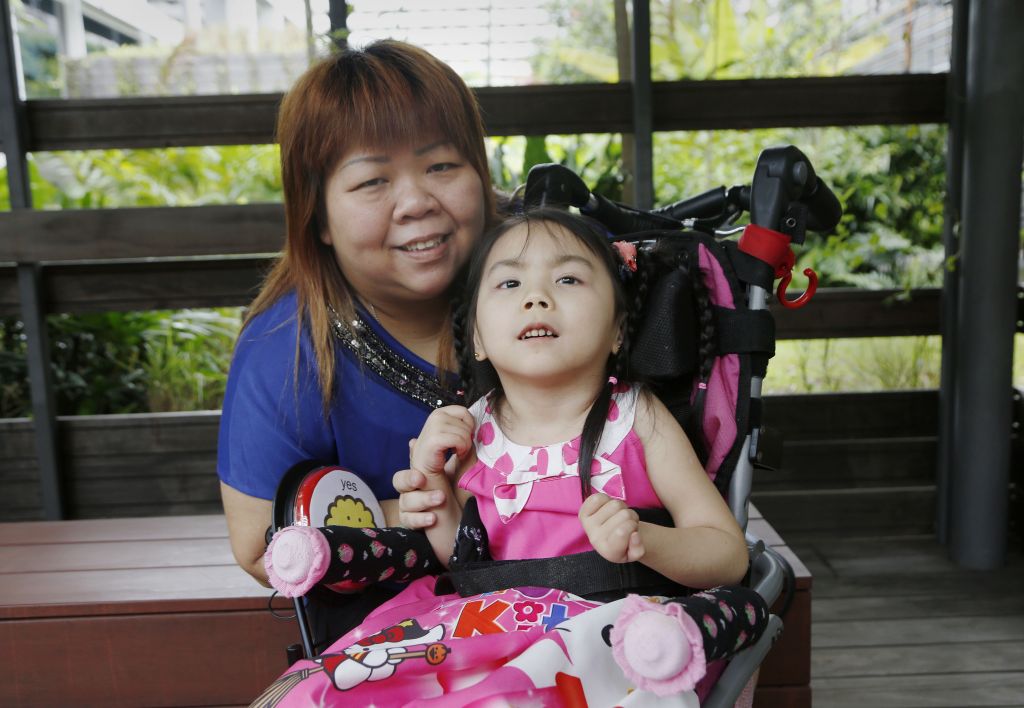
SINGAPORE — After seven years, Madam Joanne Lim may finally see her firstborn take her first steps. Fulfilling this dream, however, has come at a cost — S$800 a month has to be set aside to pay for Janelle’s bimonthly private physiotherapy sessions, weekly acupuncture sessions and associated transport costs.
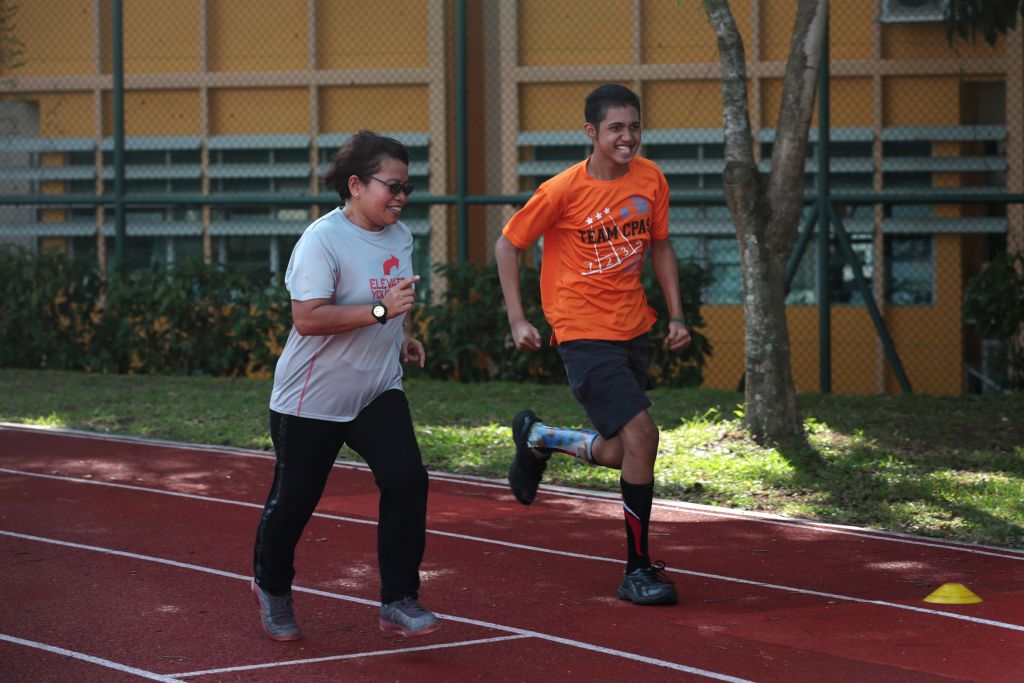
SINGAPORE – Maisarah Mohd Hassan is flailing her arms in an uncoordinated sprint down the Kallang Practice Track, her delight evident from the wide smile on the 18-year-old’s face.
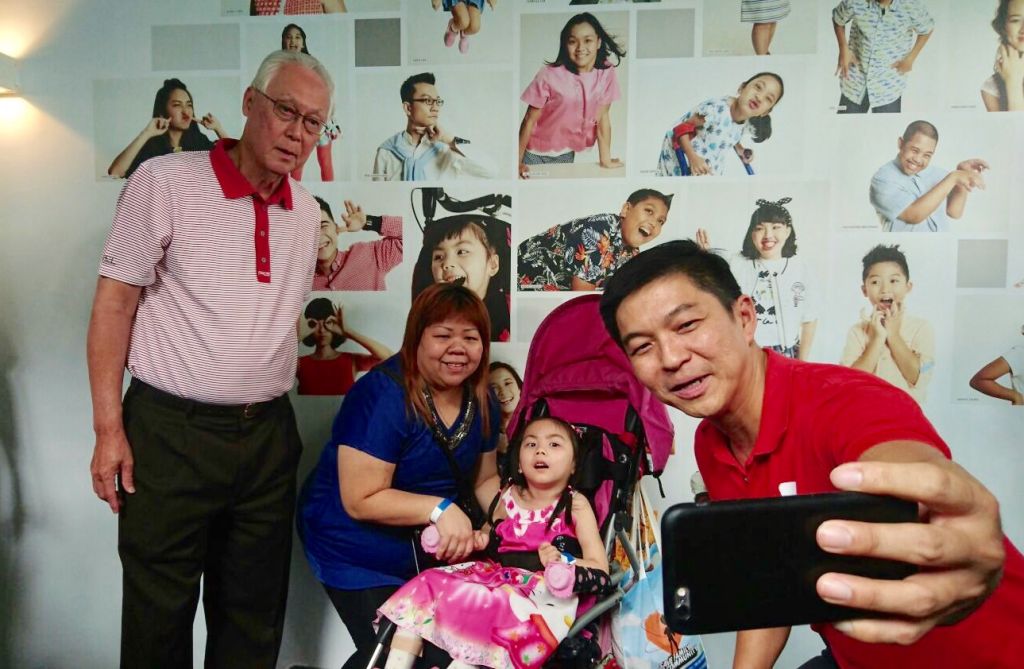
SINGAPORE — A new charity fund supported by this newspaper was launched on Friday (Dec 2), to nurture the talent of persons with disabilities, help them fulfil their aspirations, as well as improve their education, skills and employment prospects.